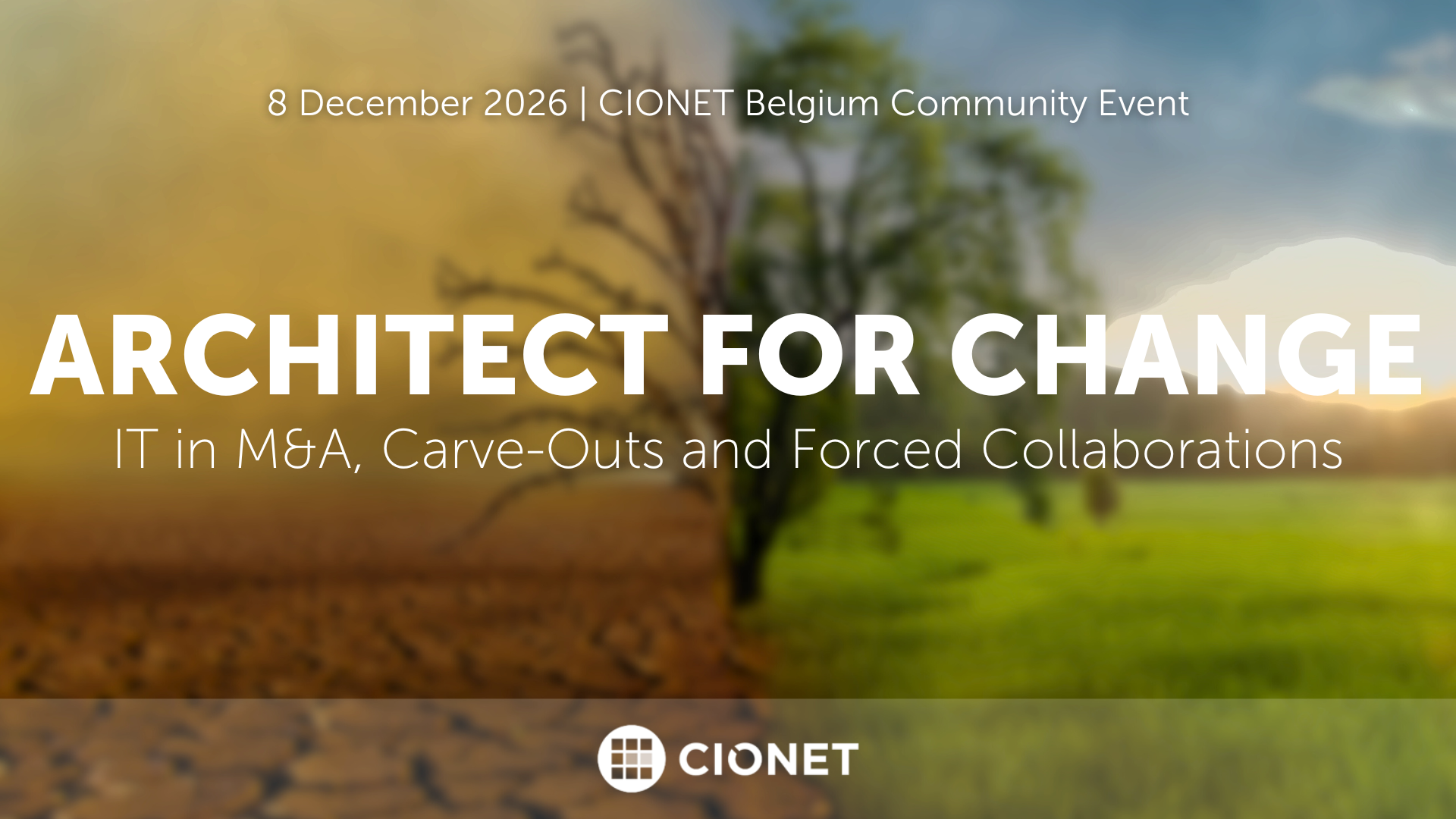Belgium
5-2-26
Circle - Cyber
All Members
Physical
english
AI for Security, Security for AI
This is the first event of CIONET’s Cyber Circle: a new three-event programme exclusively focusing on the most urgent, complex, and high-impact challenges in cybersecurity today.
This first event of the programme is entirely dedicated to AI's dual role in cybersecurity.
To give CISOs clarity and direction, the session is structured around two distinct conversations:
Part 1. AI for Security
What AI Really Delivers Today — Beyond the Promises
AI is marketed as the next revolution in cyber defense — from smarter detection to automated response and predictive analytics. But the reality is mixed: effectiveness varies widely, maturity is still uneven, and many promised capabilities remain aspirational.
In this first part, we explore:
Real vs hype in AI-driven cyber defense
What mature CISOs are actually using today
Where AI genuinely improves SOC performance — and where it falls short
Hallucinations, false positives, and operational limits
How attackers use AI to accelerate phishing, social engineering, and exploit development
This is a grounded, experience-based look at what works, what doesn’t, and what is still wishful thinking.
Part 2. Security for AI
How to Protect AI Systems — New Risks, New Controls
As organisations deploy AI models, they introduce entirely new attack surfaces. Securing AI requires capabilities that many cybersecurity teams are only beginning to develop.
This second part focuses on:
Attacks on AI itself: prompt injection, data poisoning, model extraction, adversarial inputs
What leading CISOs are already doing to govern and secure AI applications
What is working and failing in protecting AI systems in practice
New skills, controls, and architectures required for safe, scalable AI adoption
The organisational impact: oversight, risk management, and upcoming regulatory pressure
This segment equips CISOs with the insight needed to secure AI responsibly and proactively.
Read More

%20(1)-1.png)
.png)
.jpg)
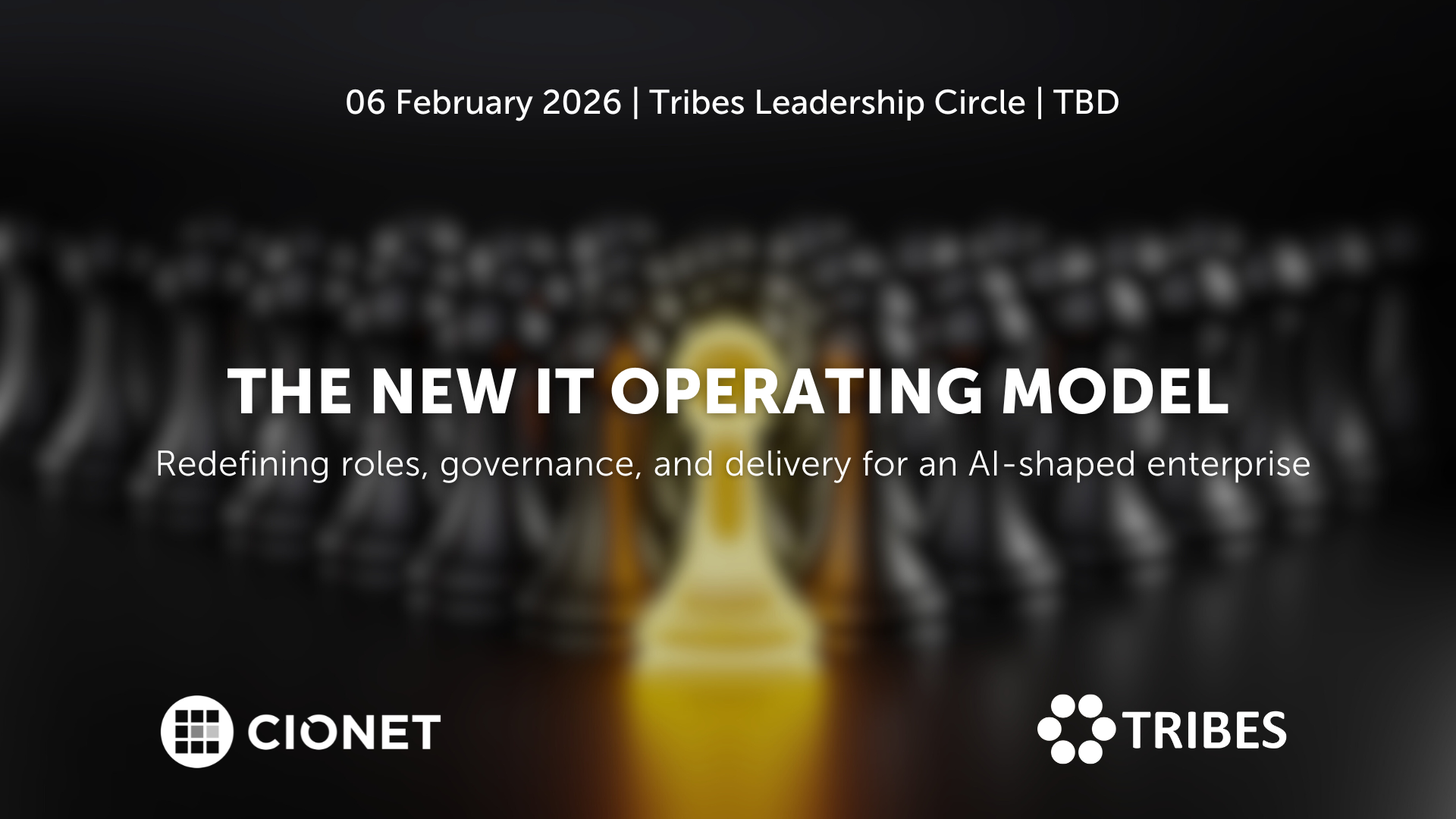
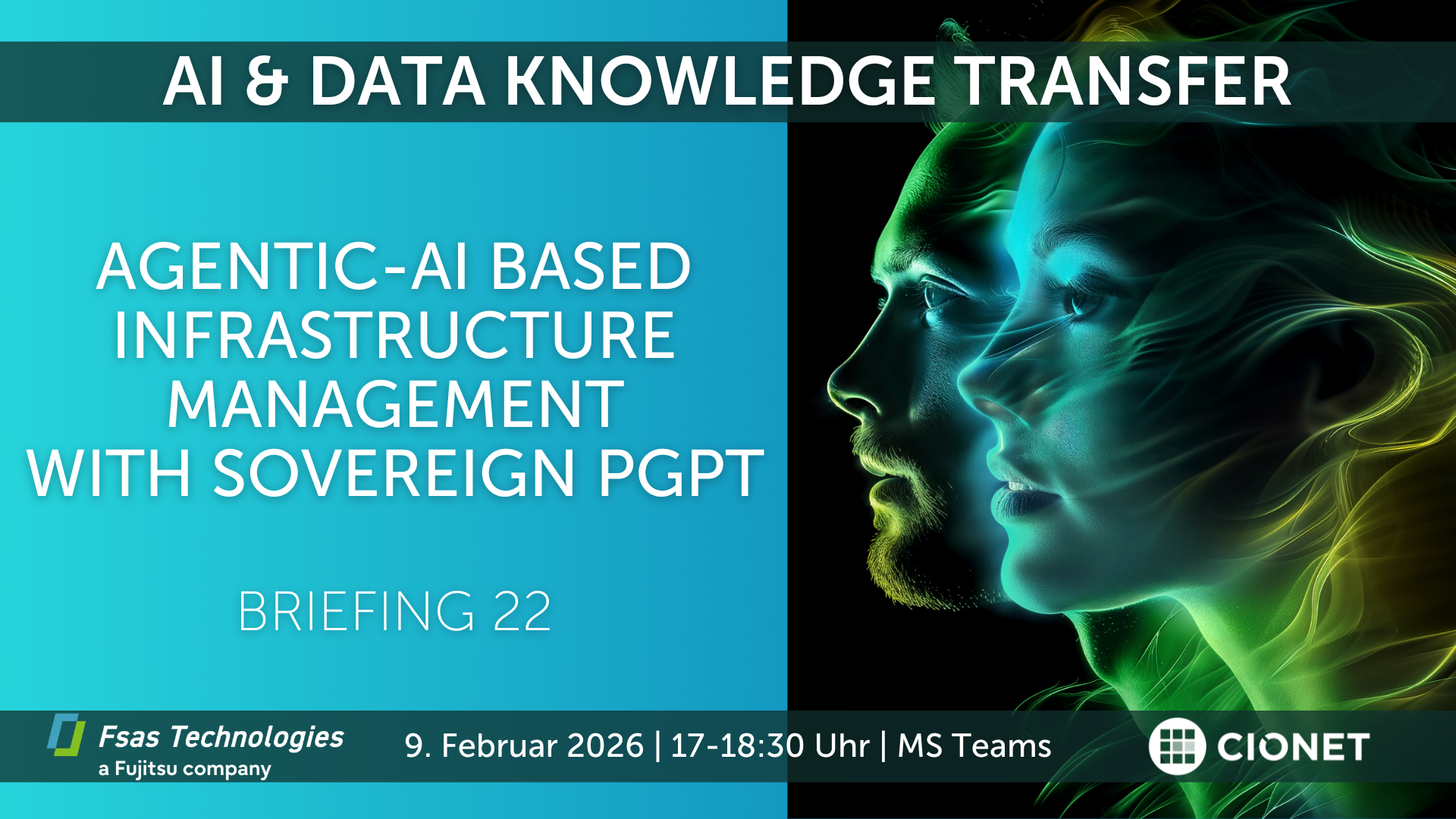
.jpg)
.png)
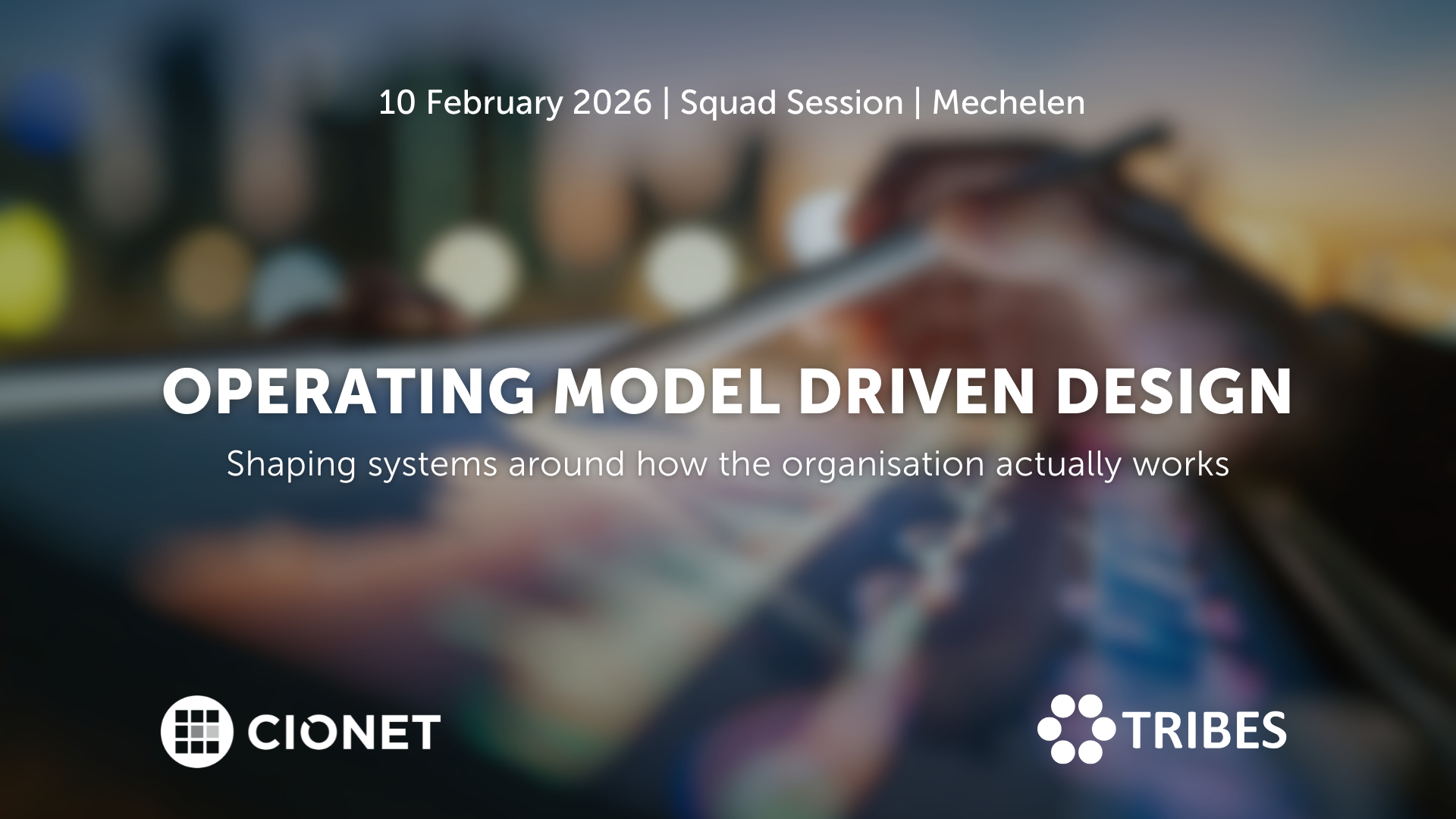
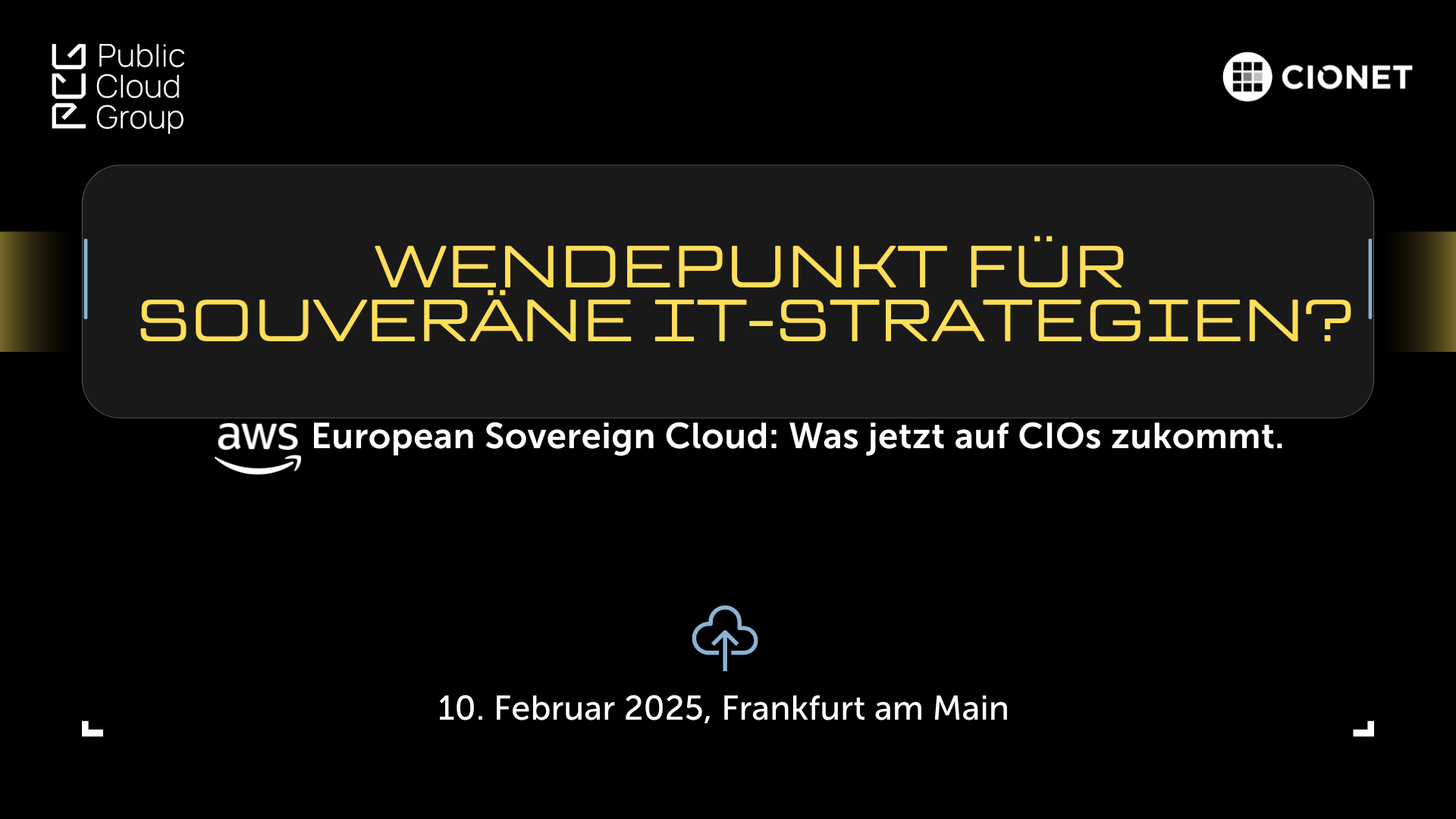
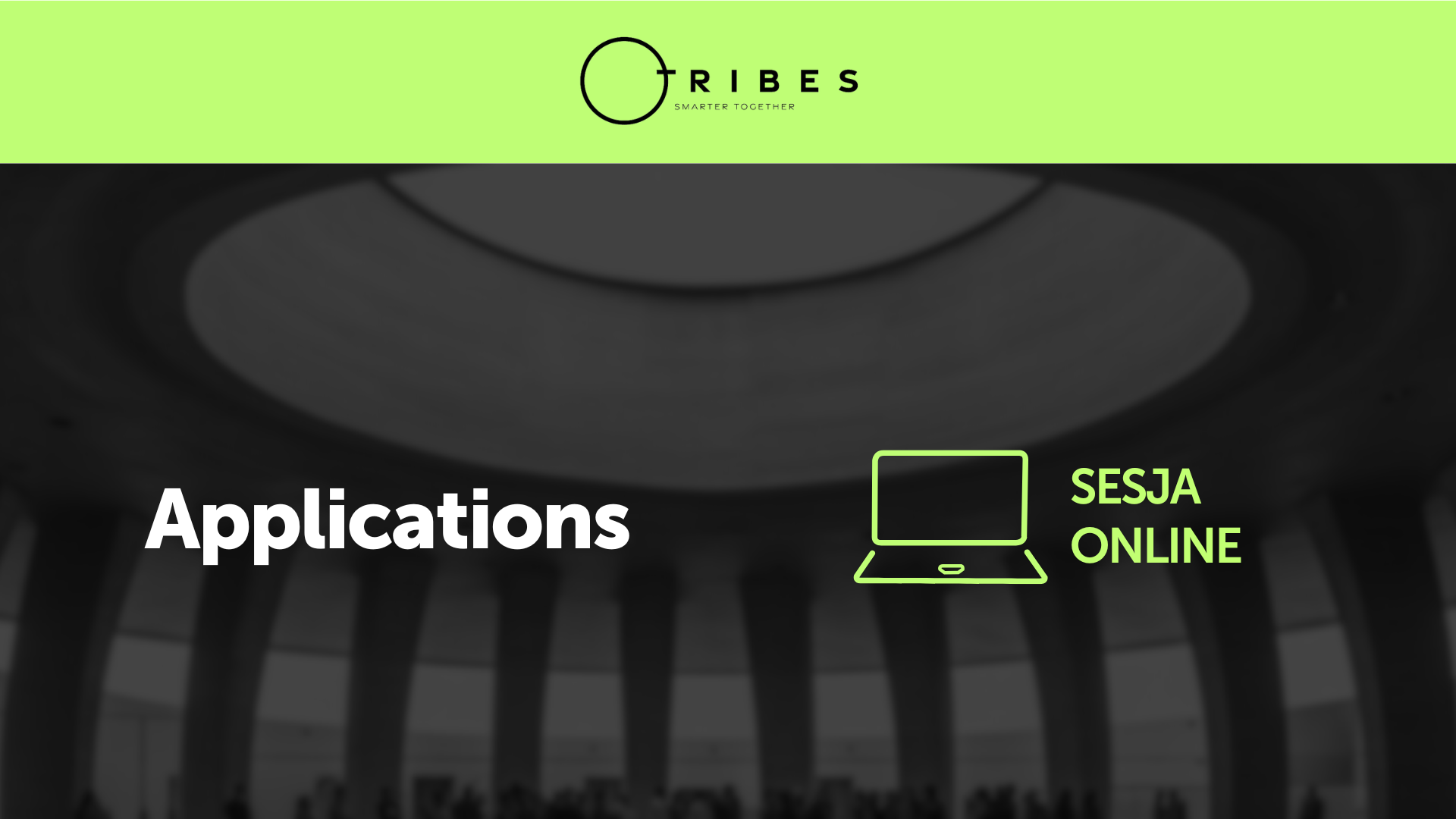
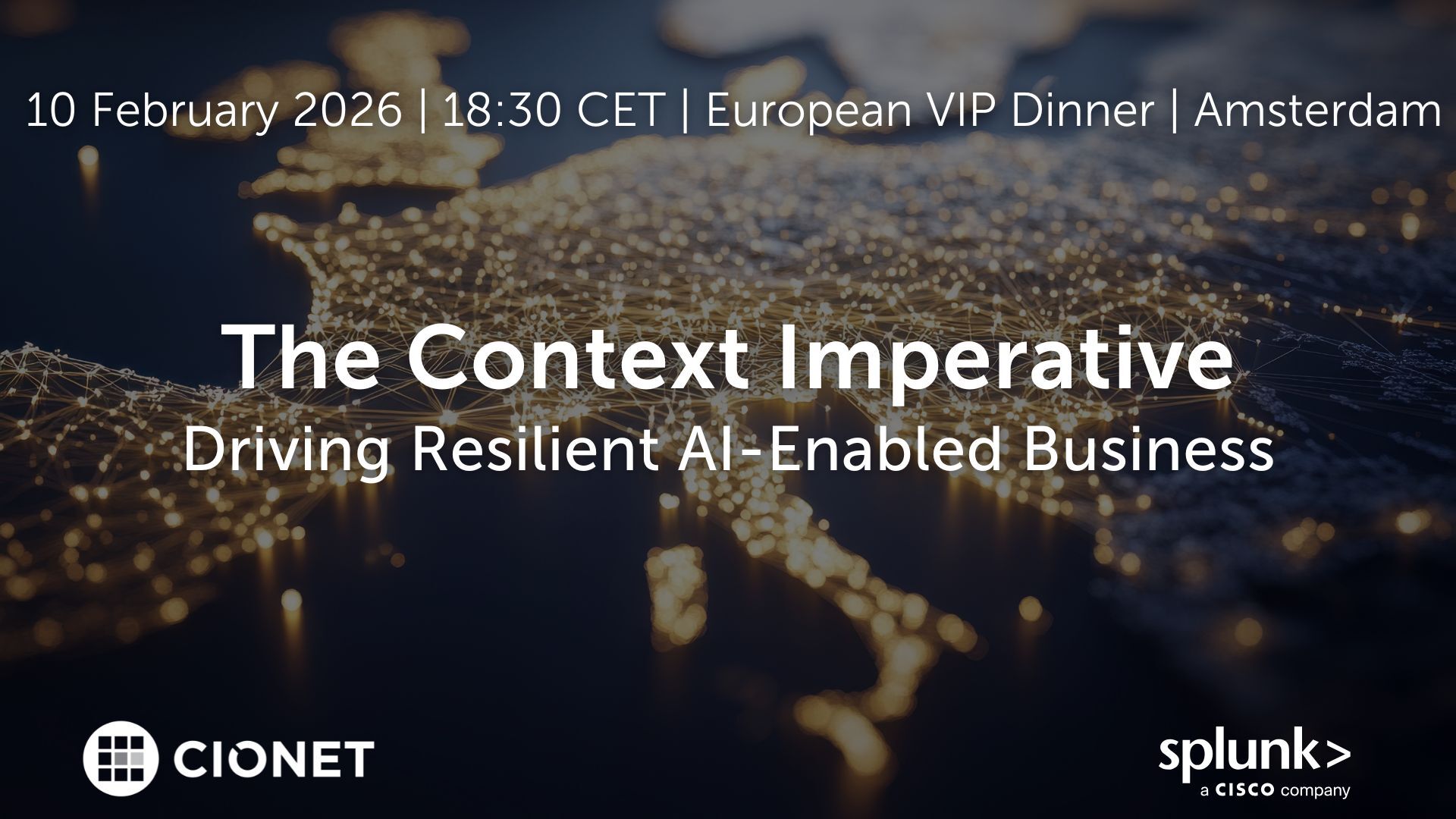
.png)
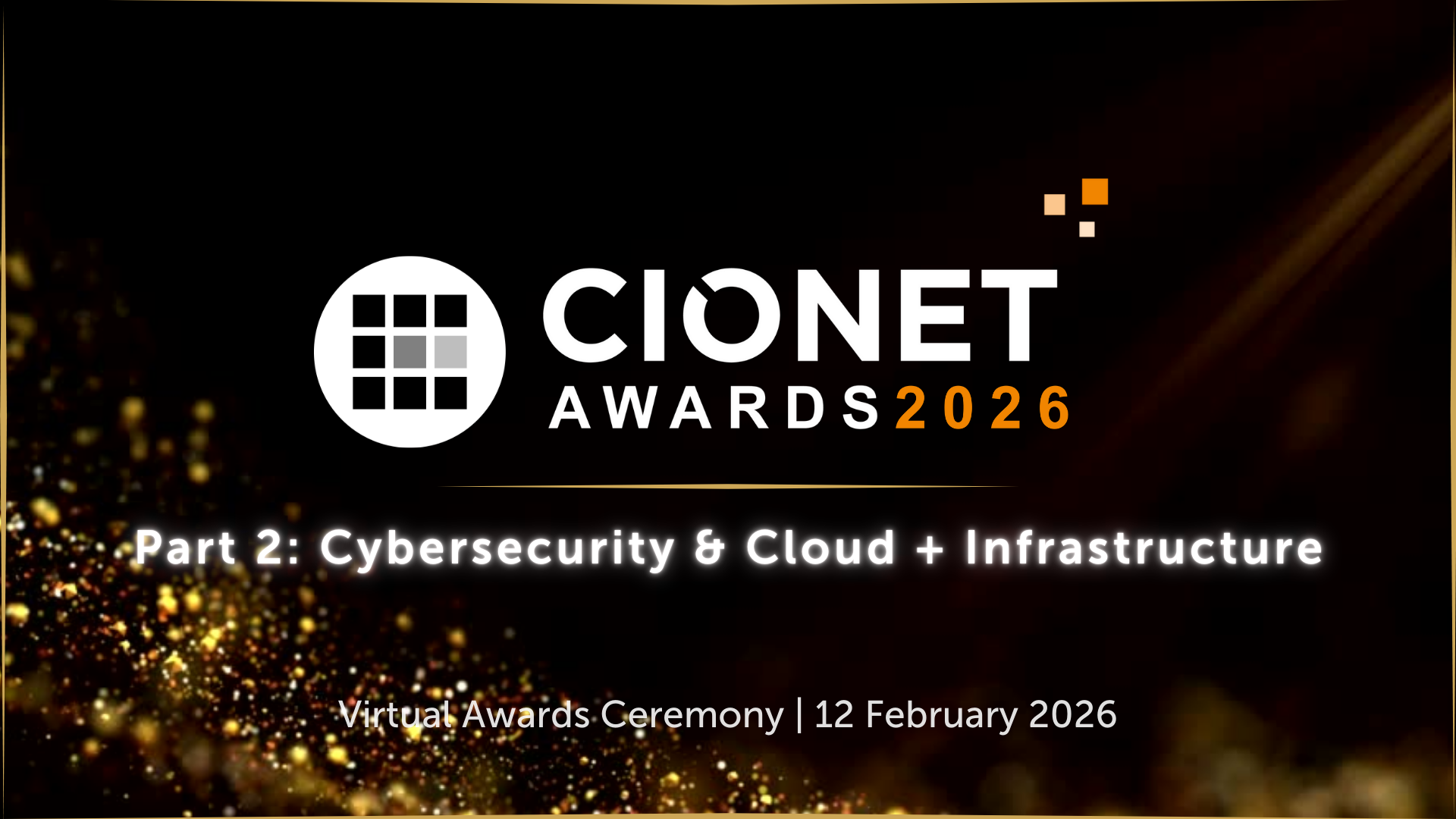
.png)
.jpg)
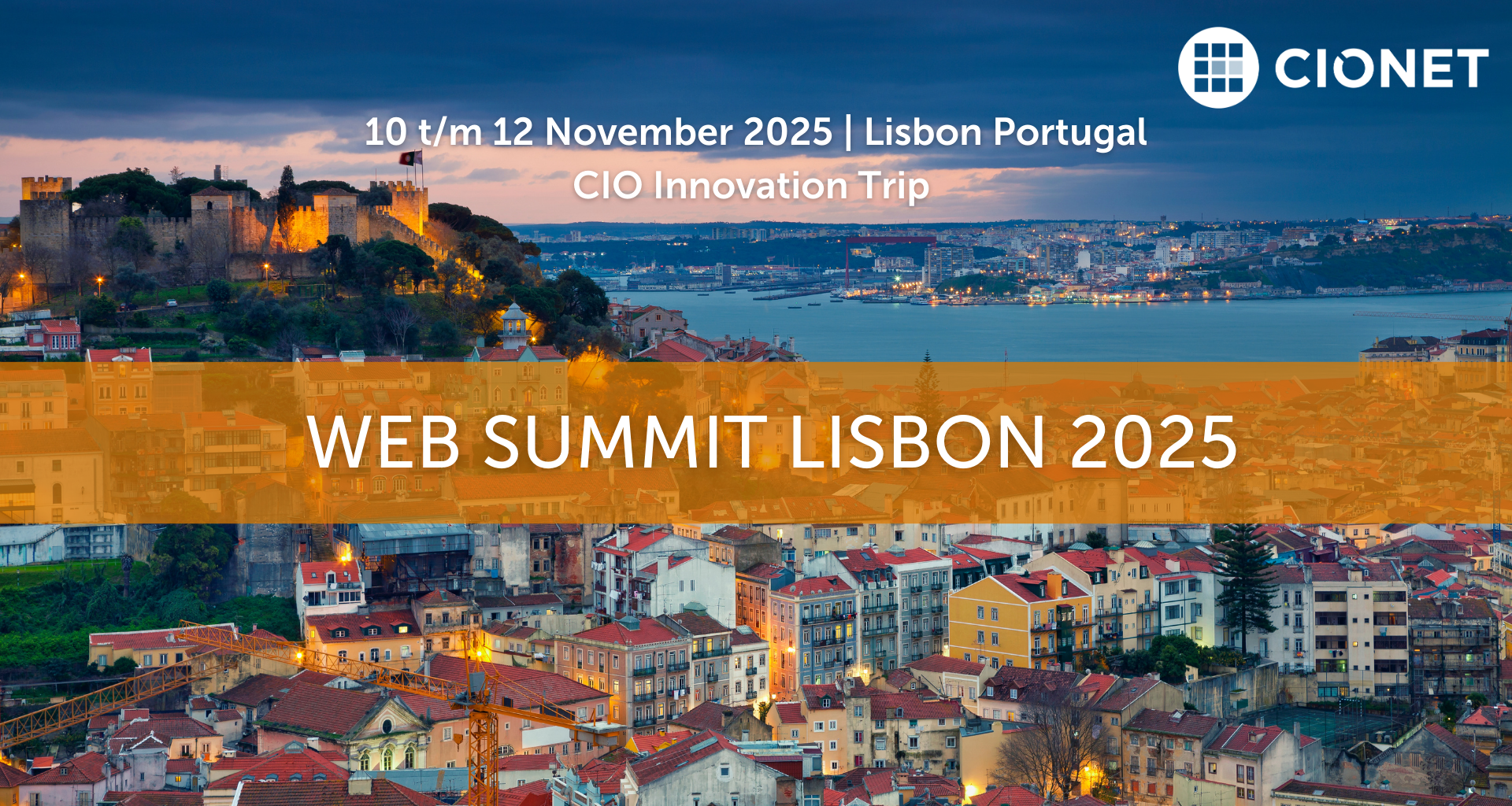

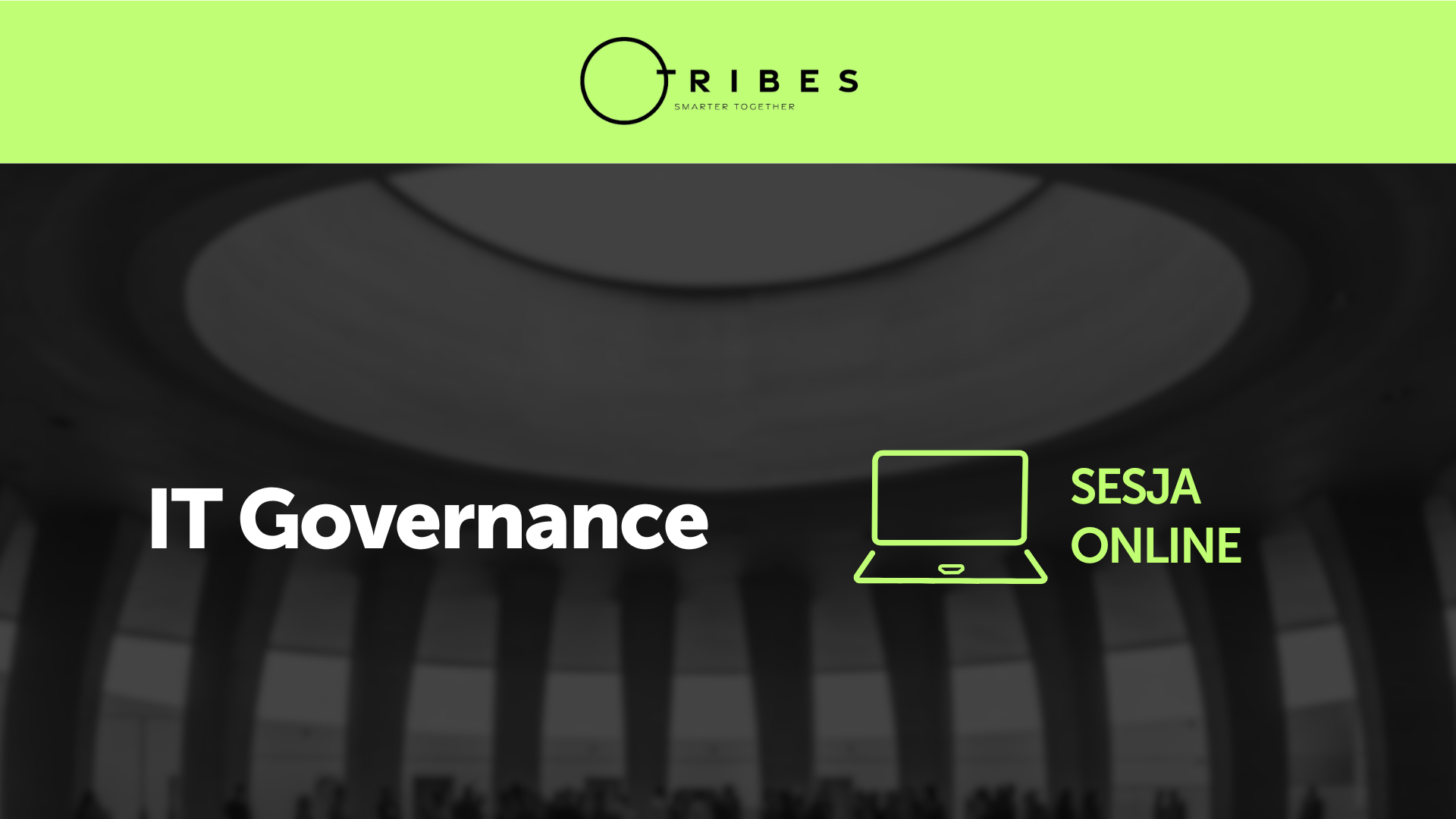
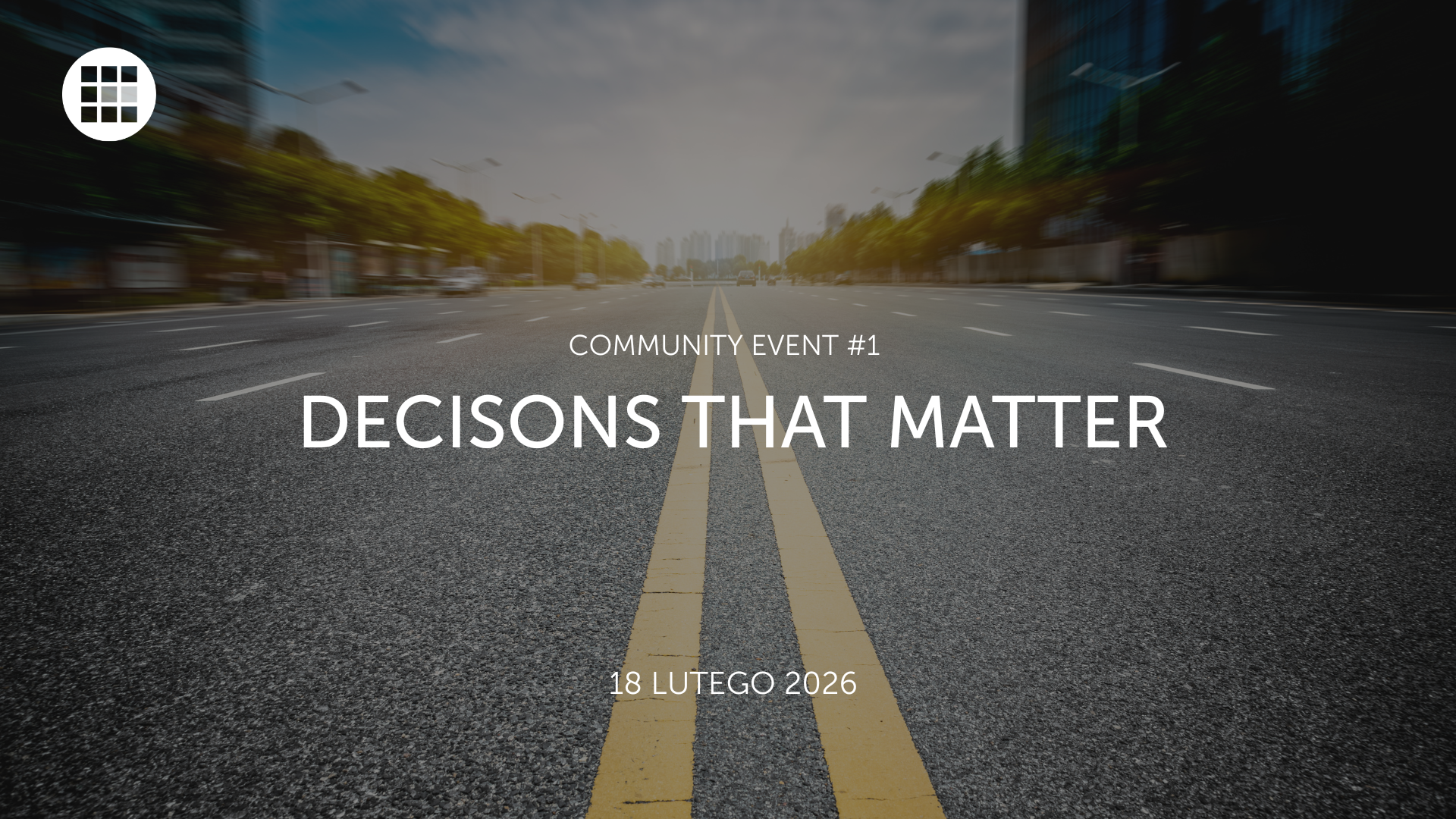
.png)
-1.png)

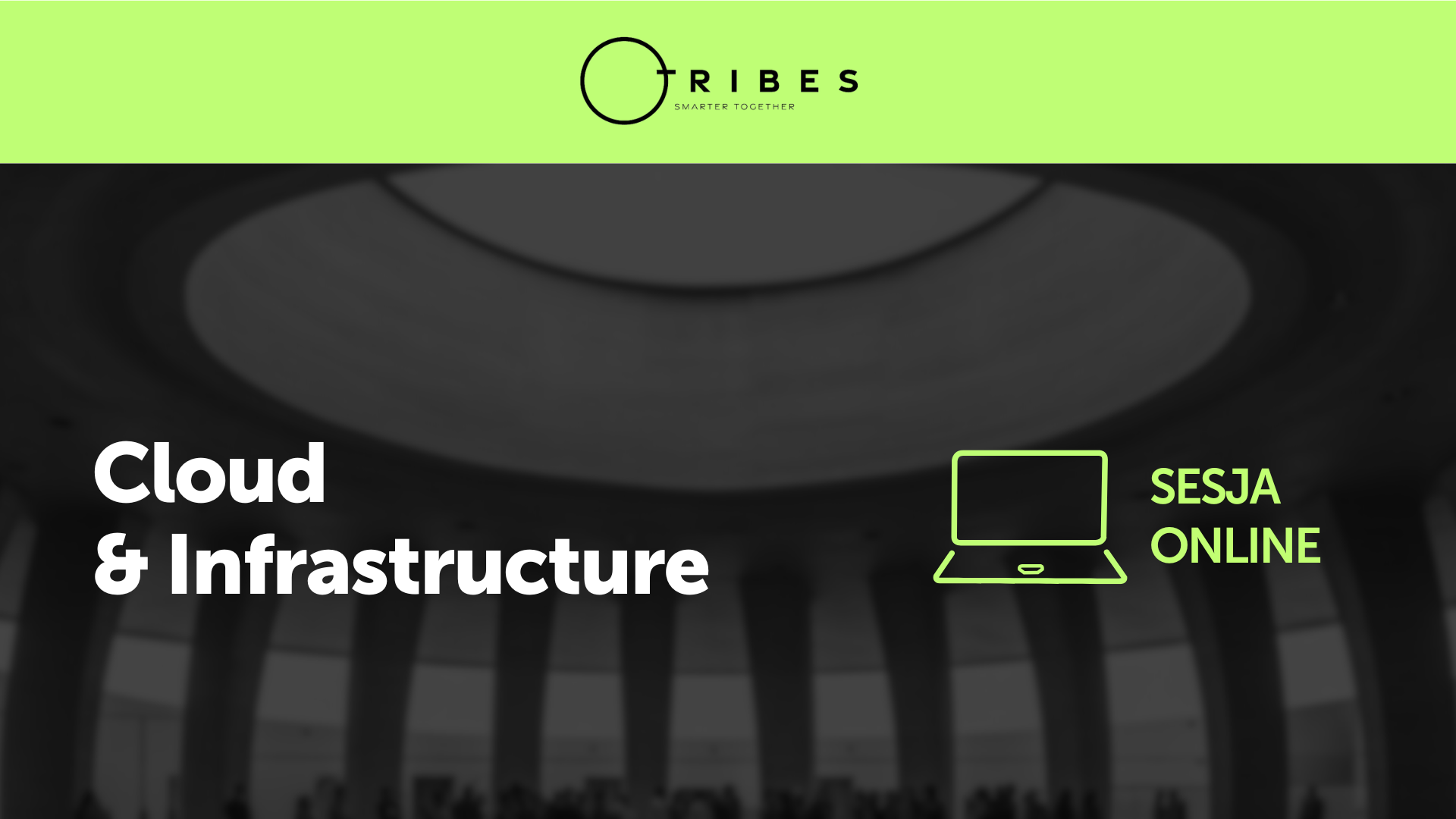
.png)
.png)
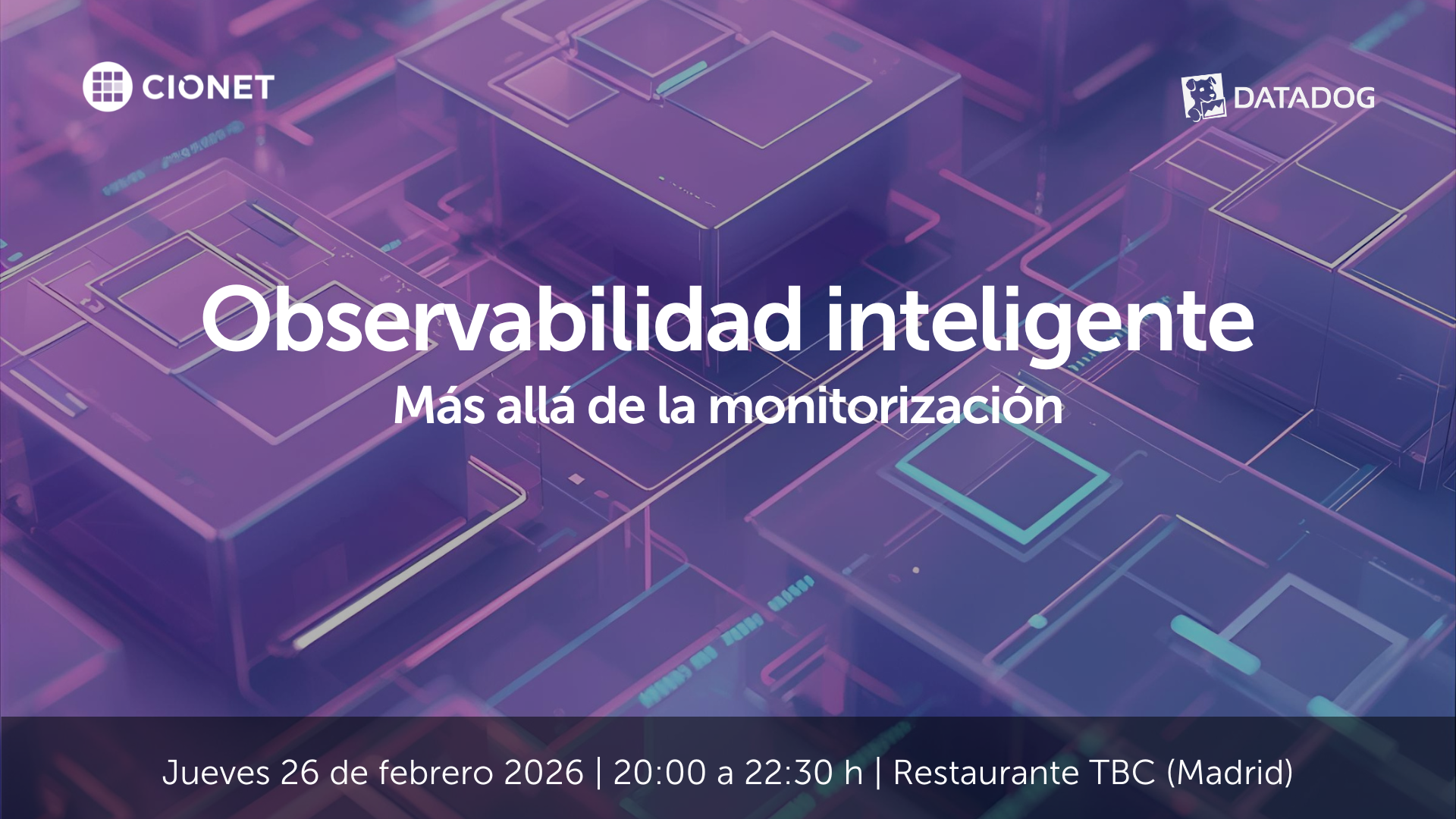
.png)
.jpg)
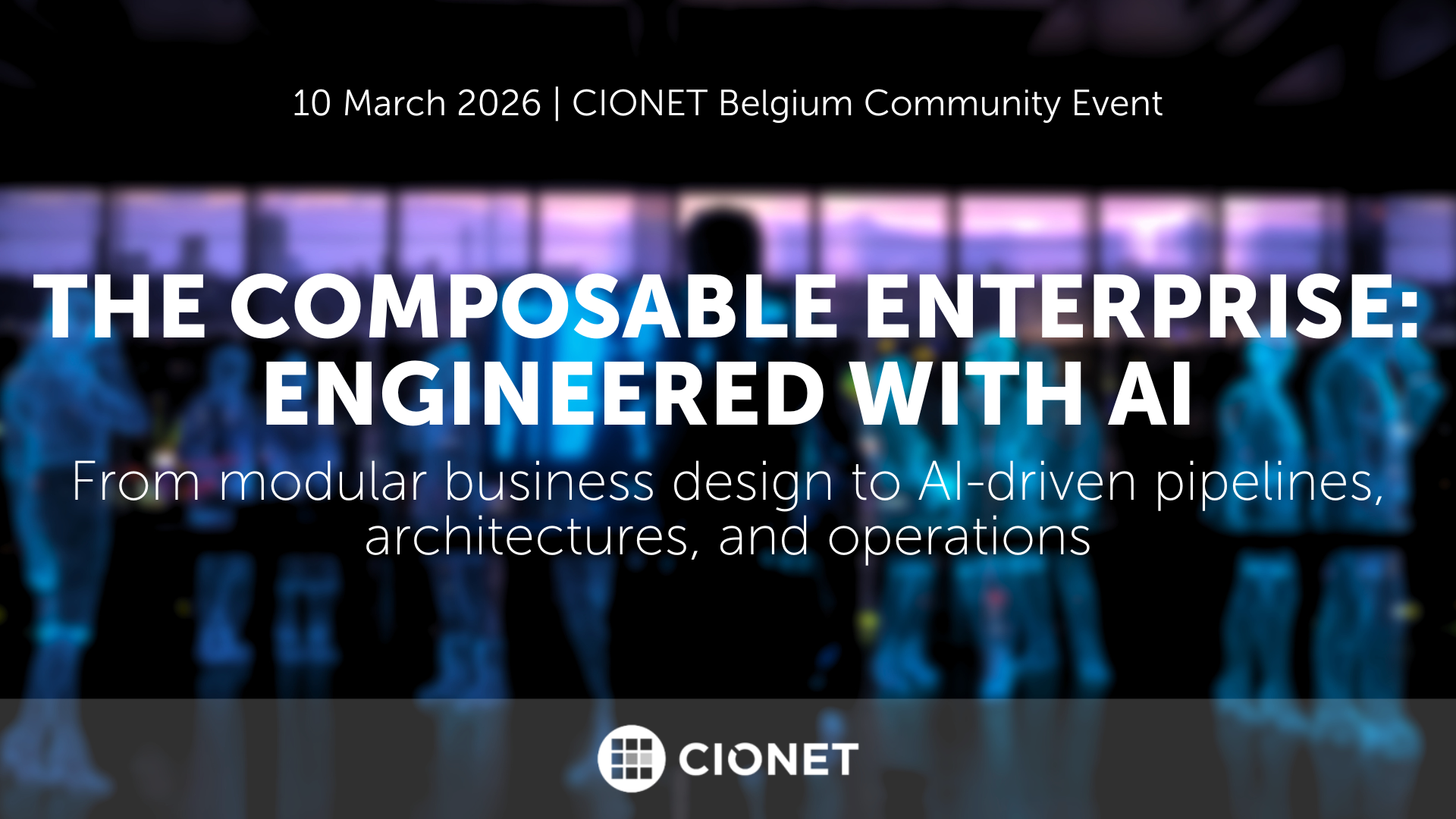
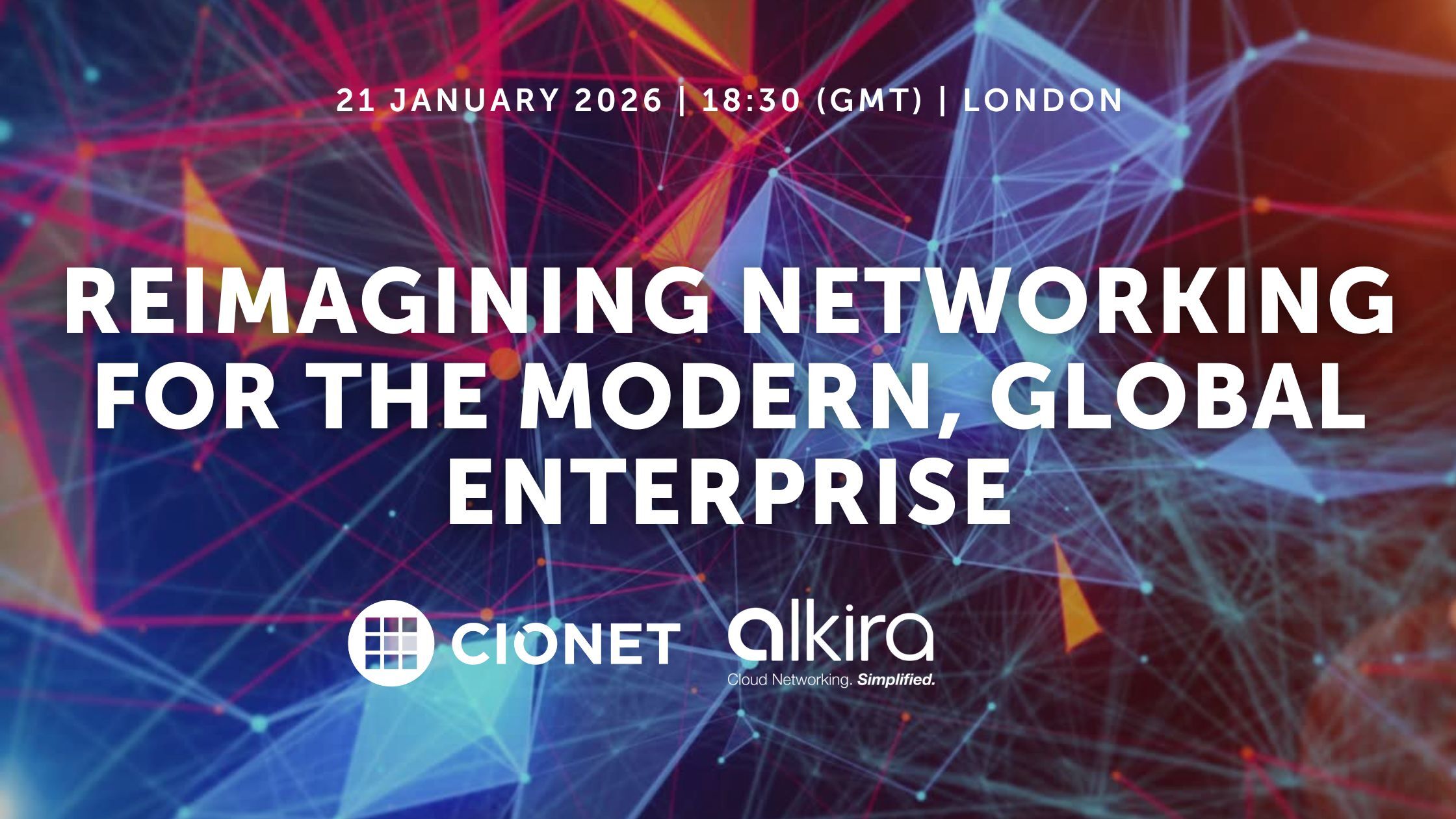
.png)

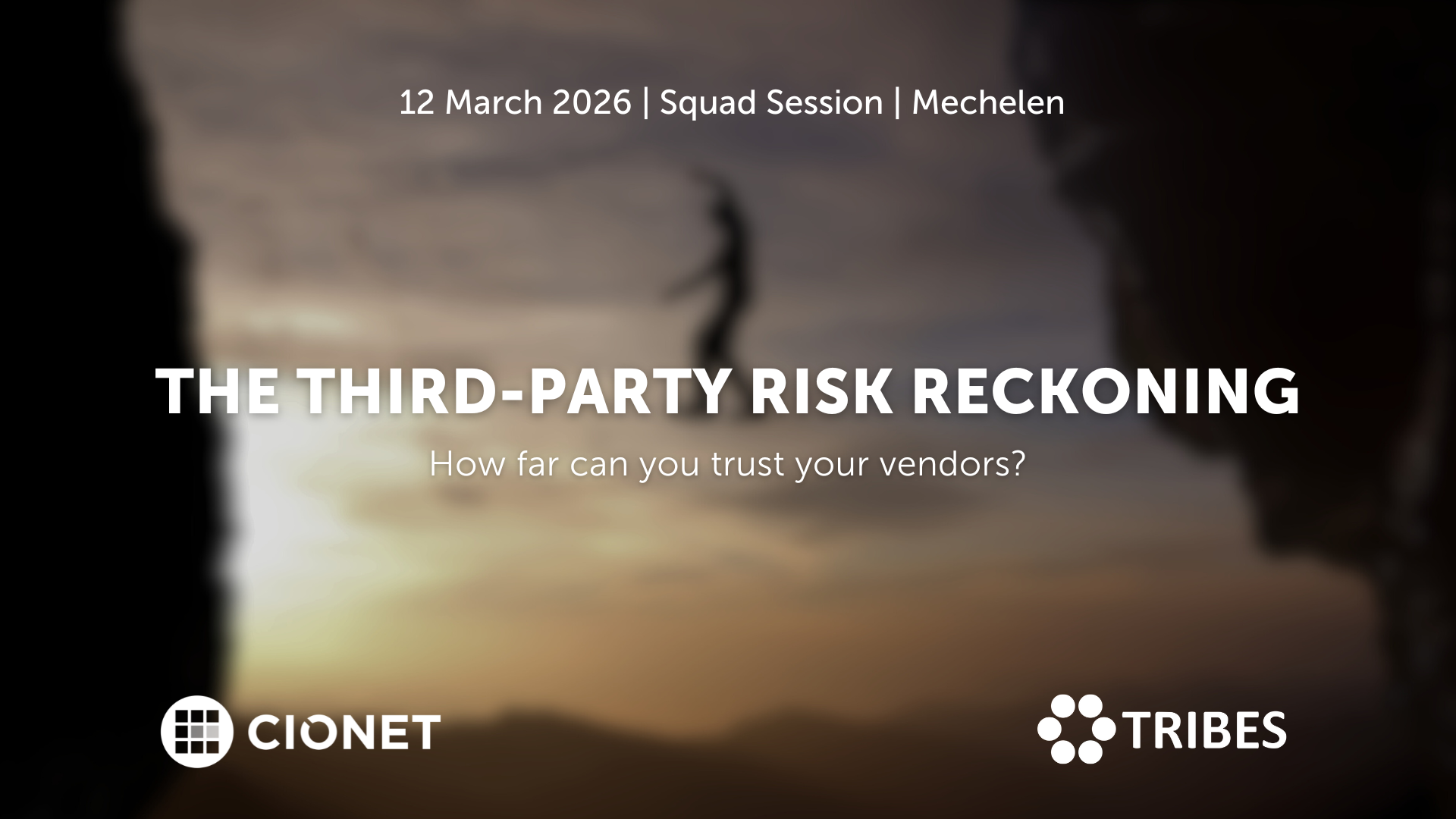
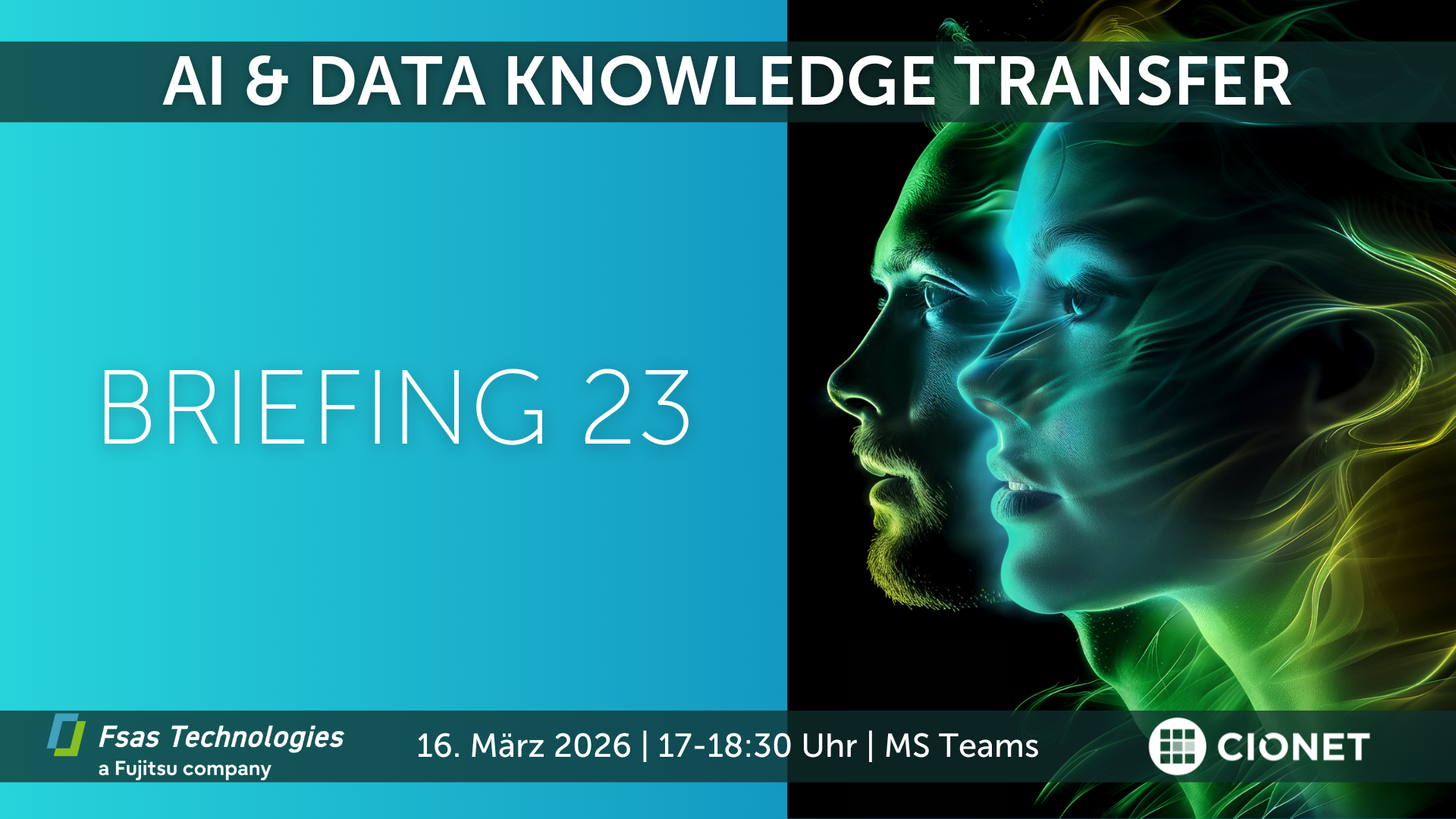
.png)
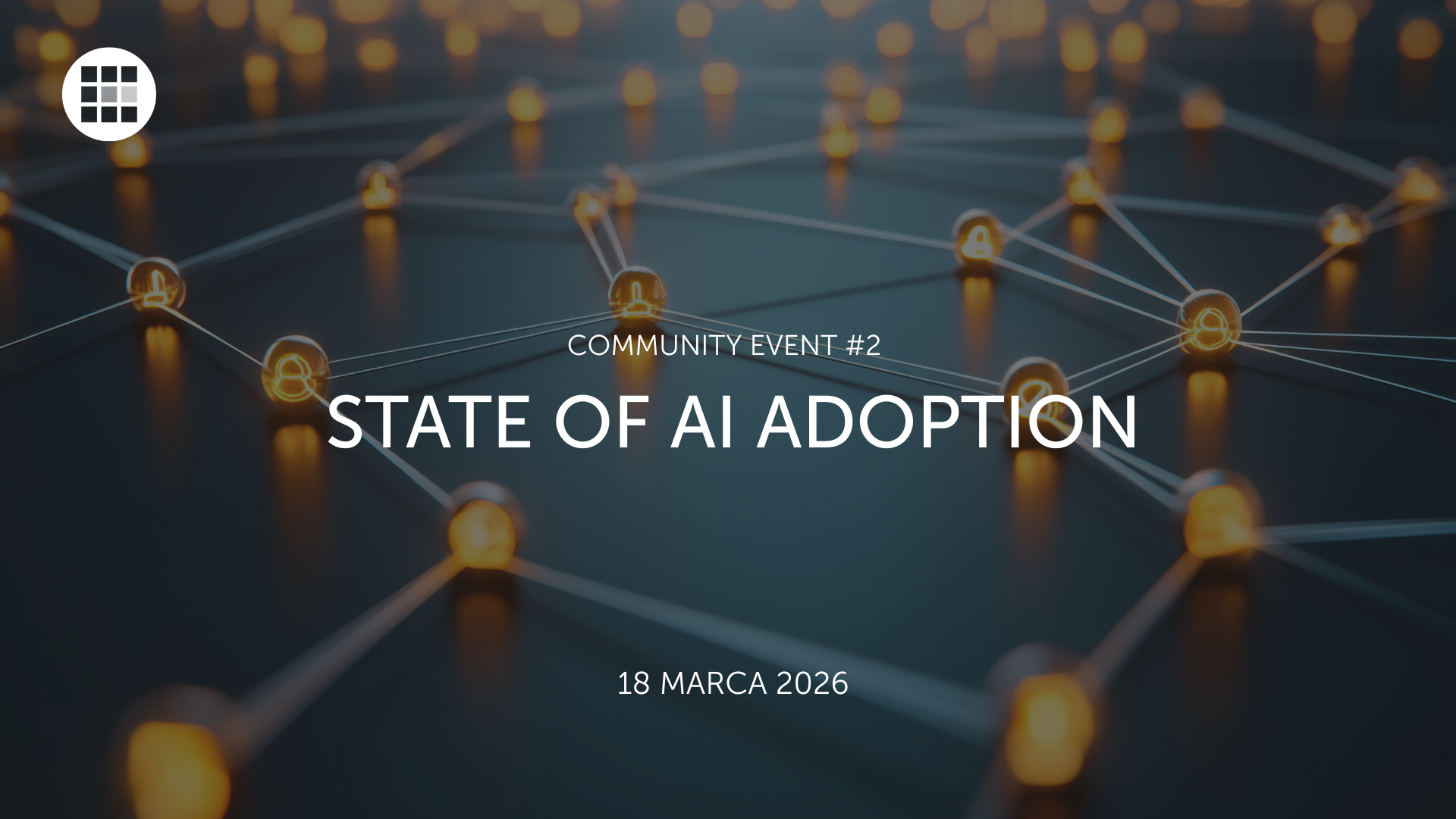
-1.jpg)
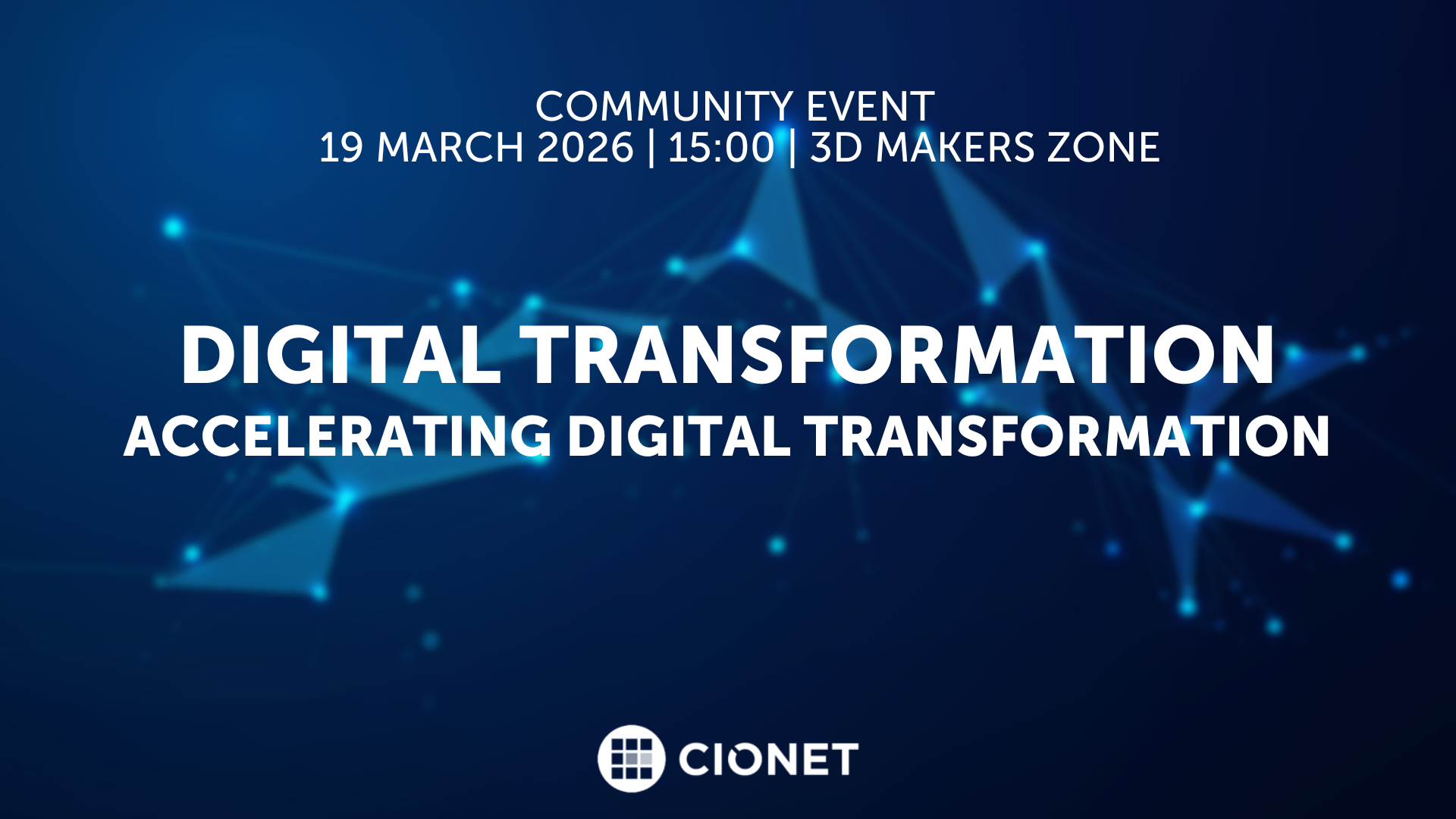
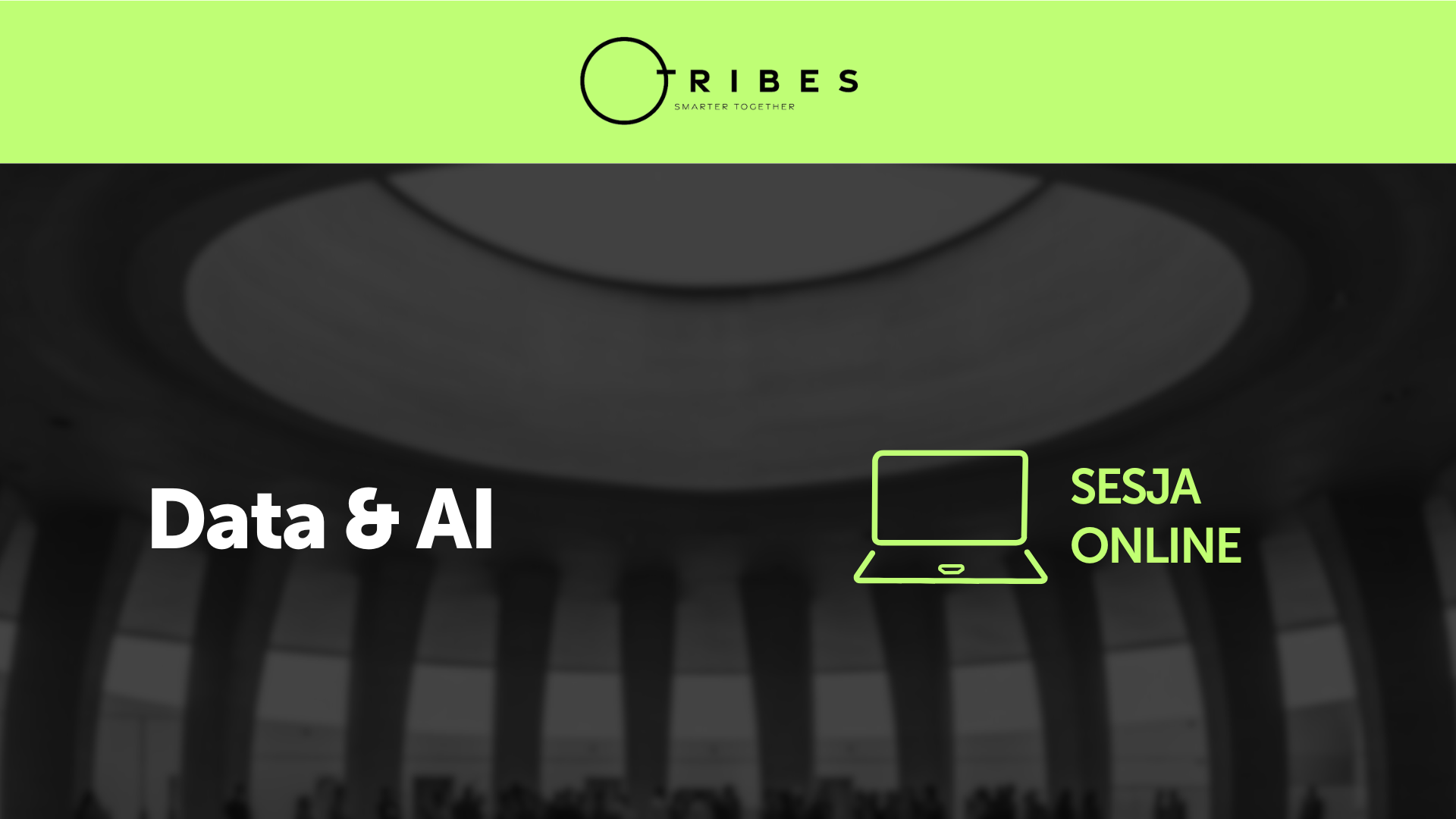
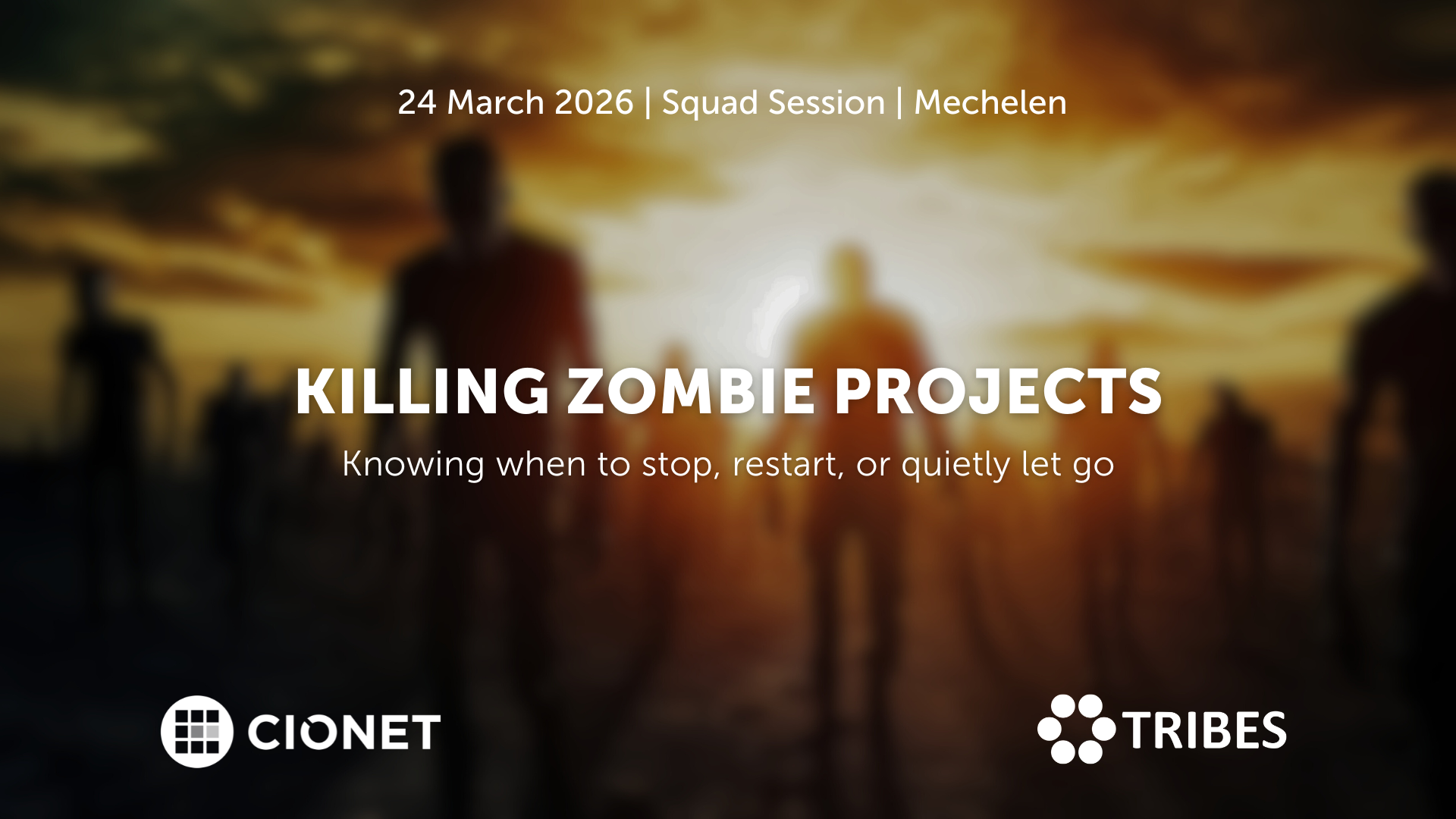
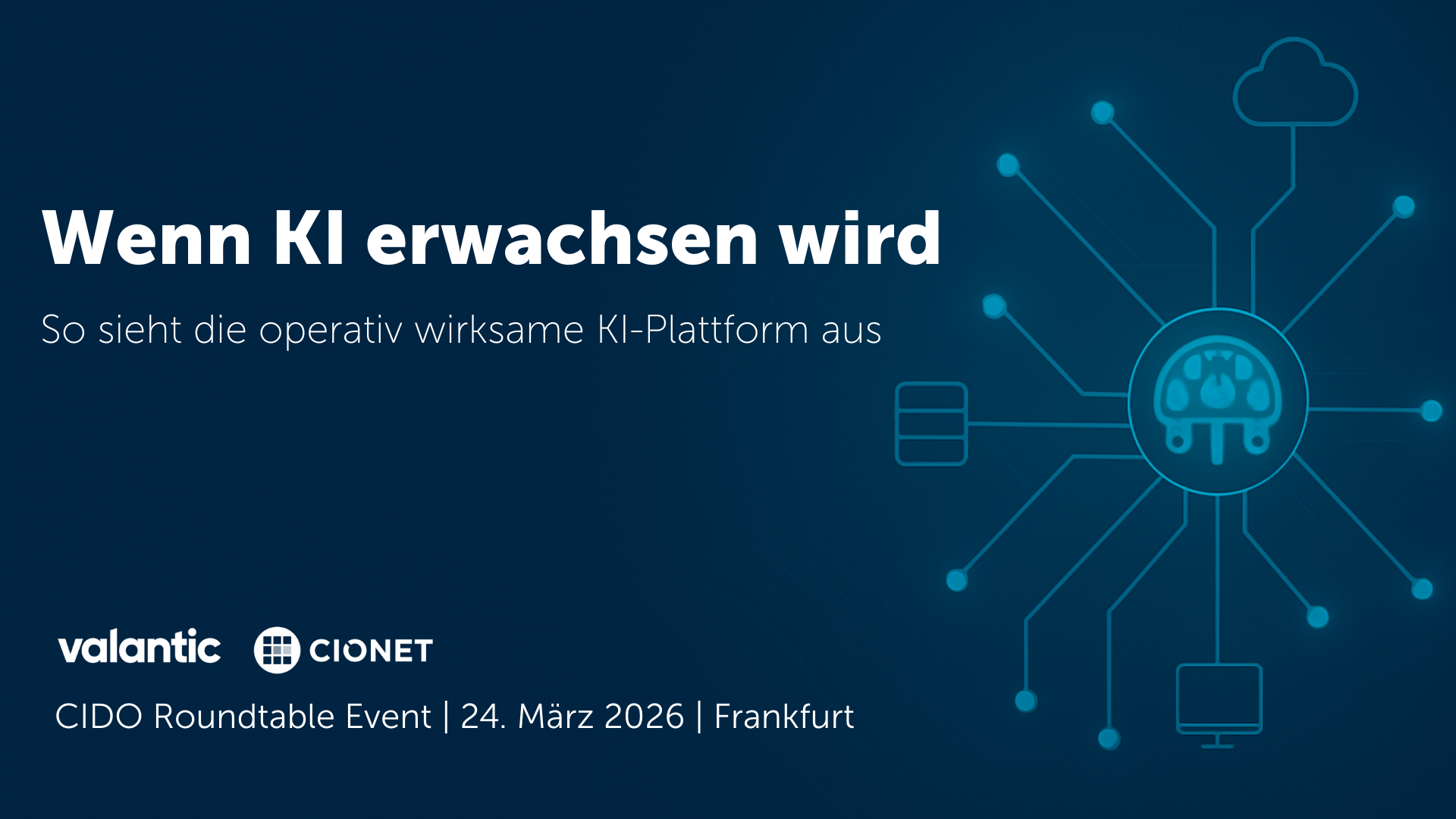
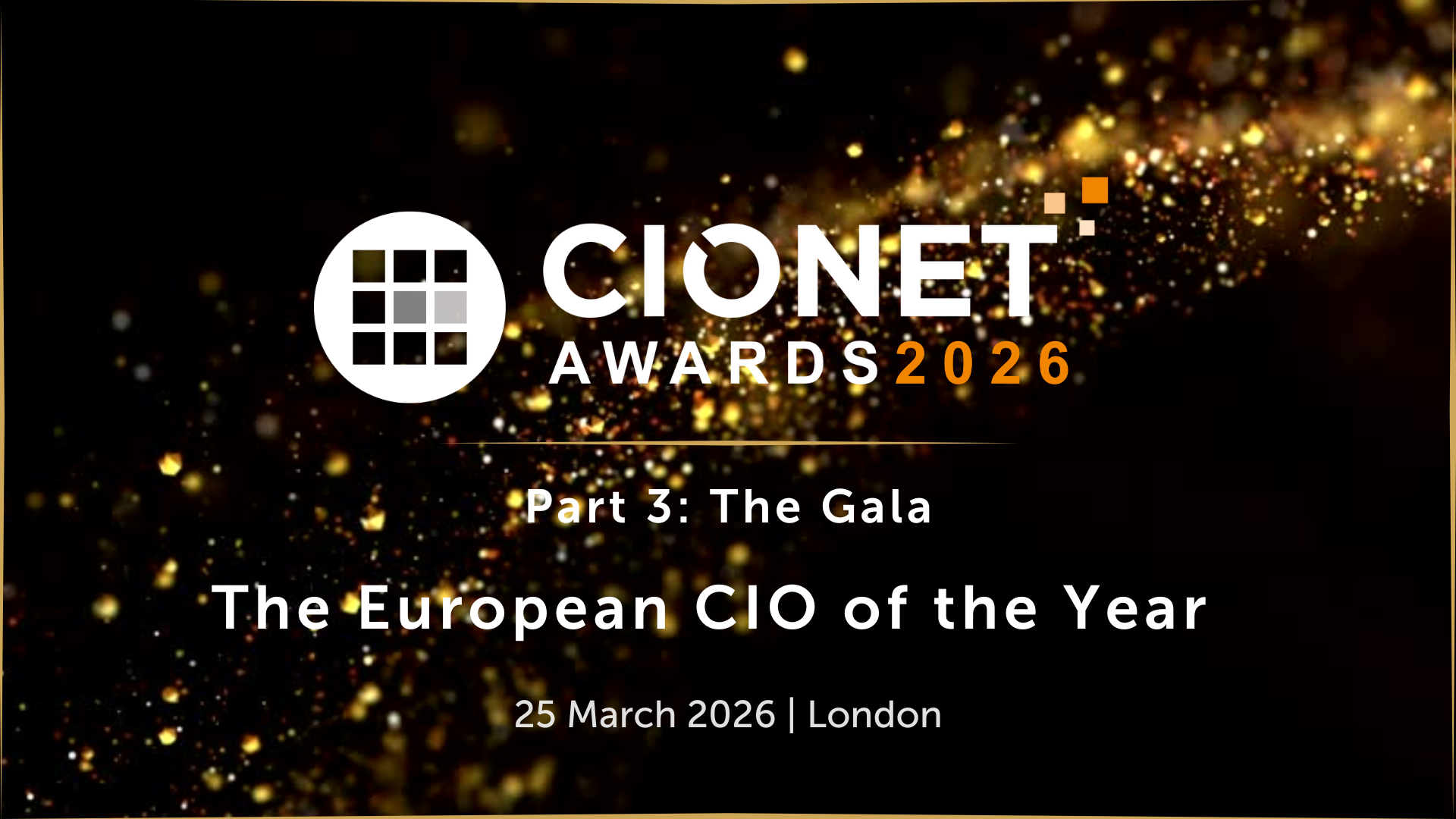
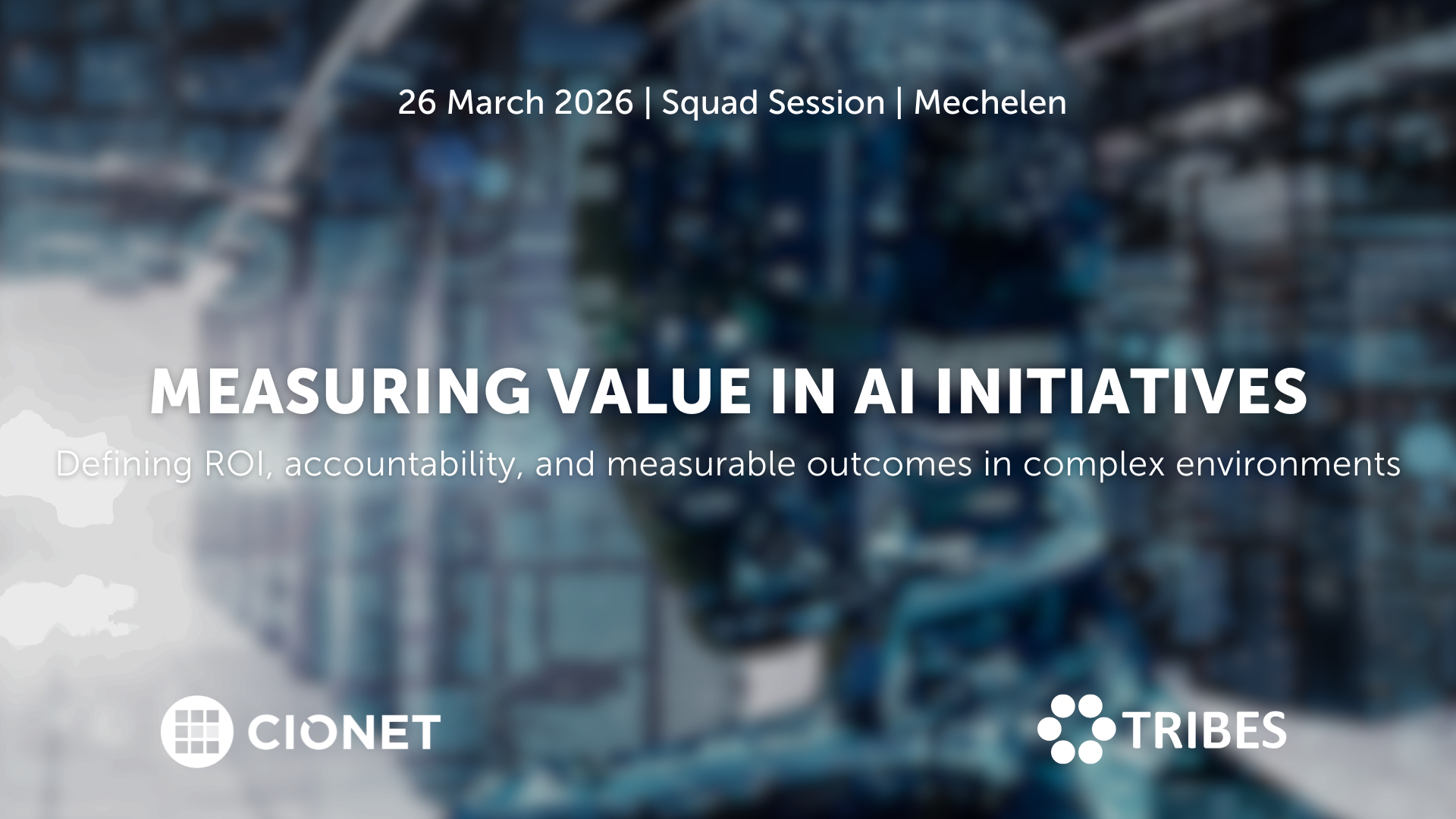
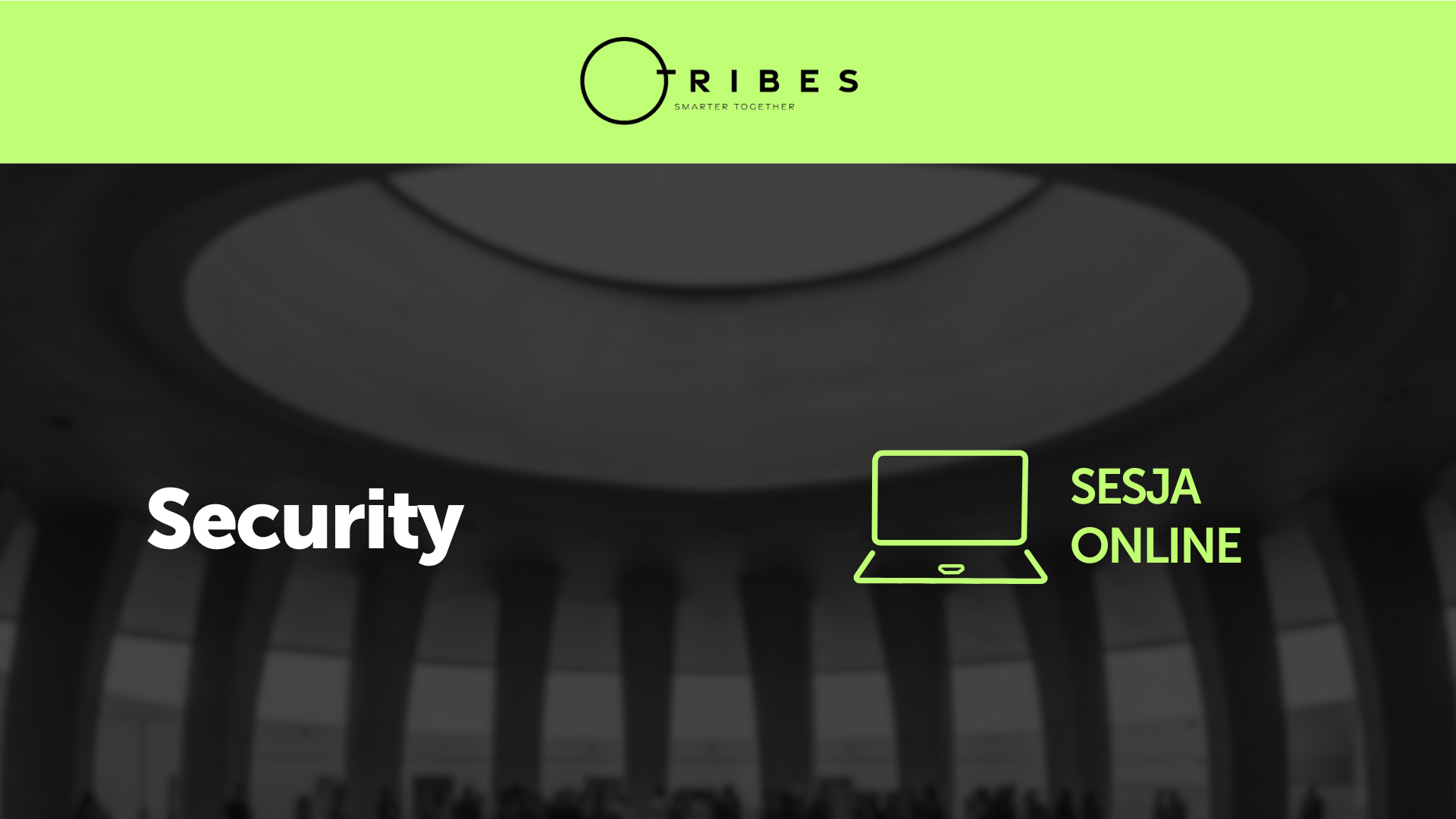
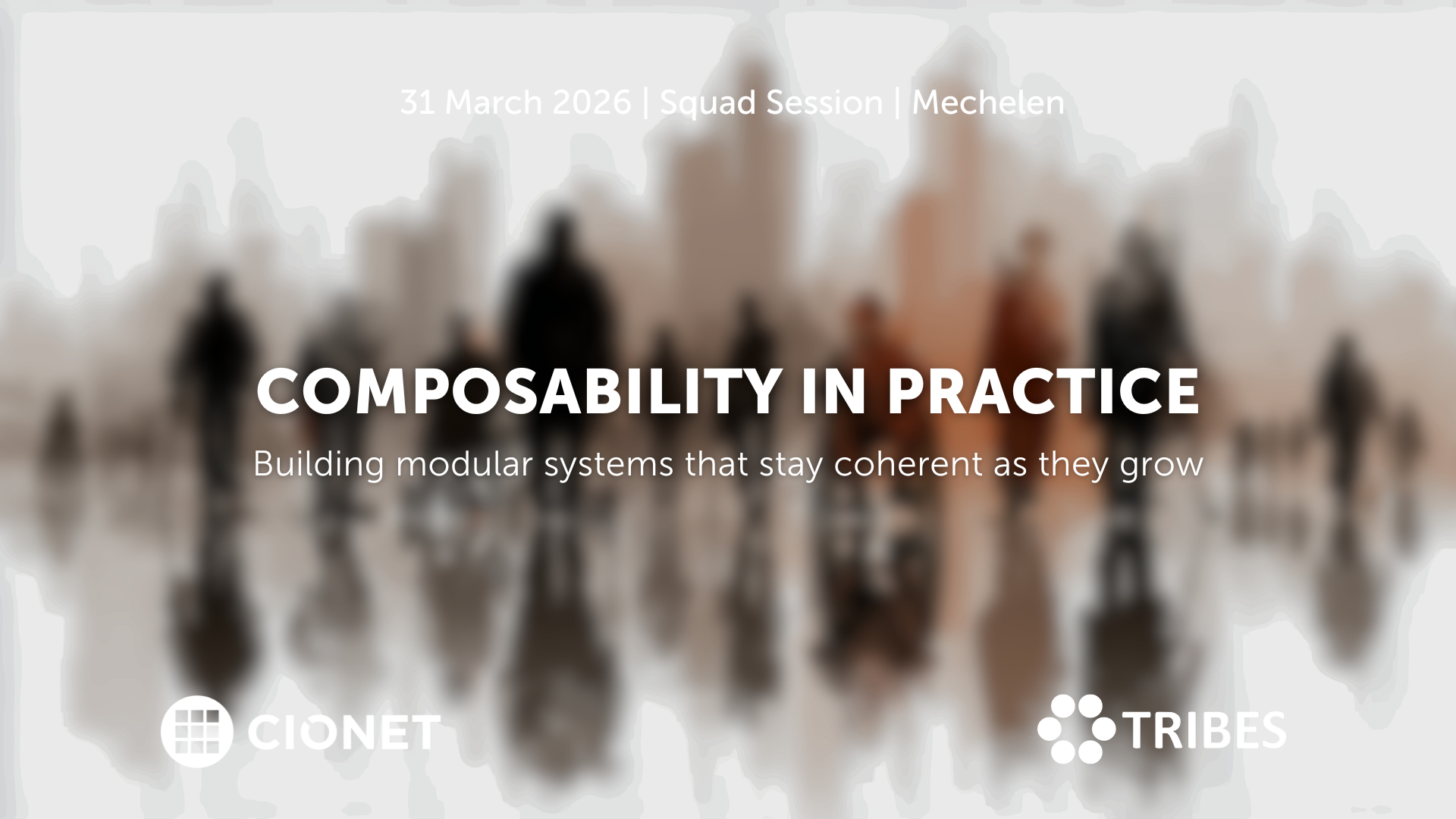
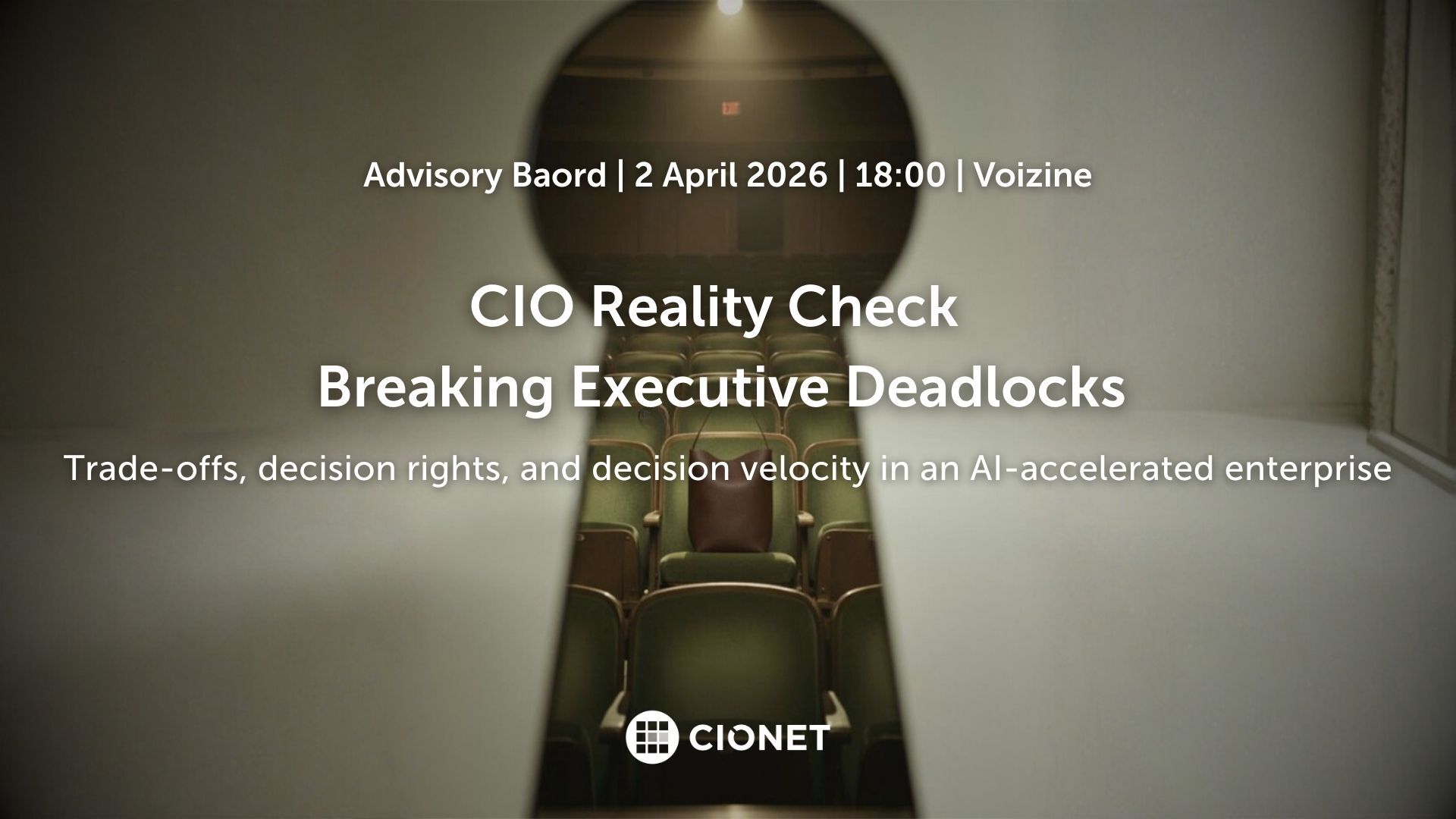
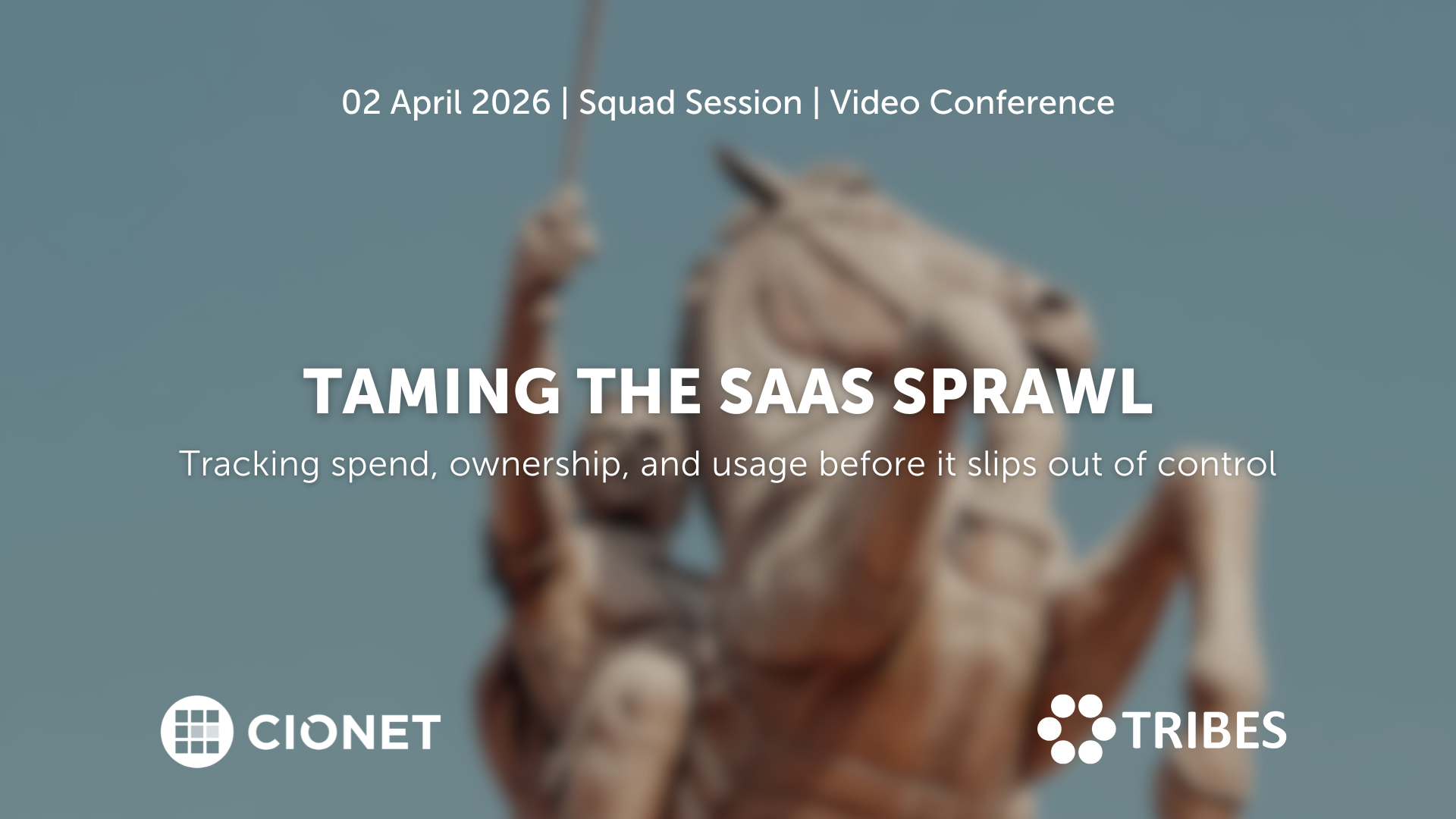
.jpg)
.png)
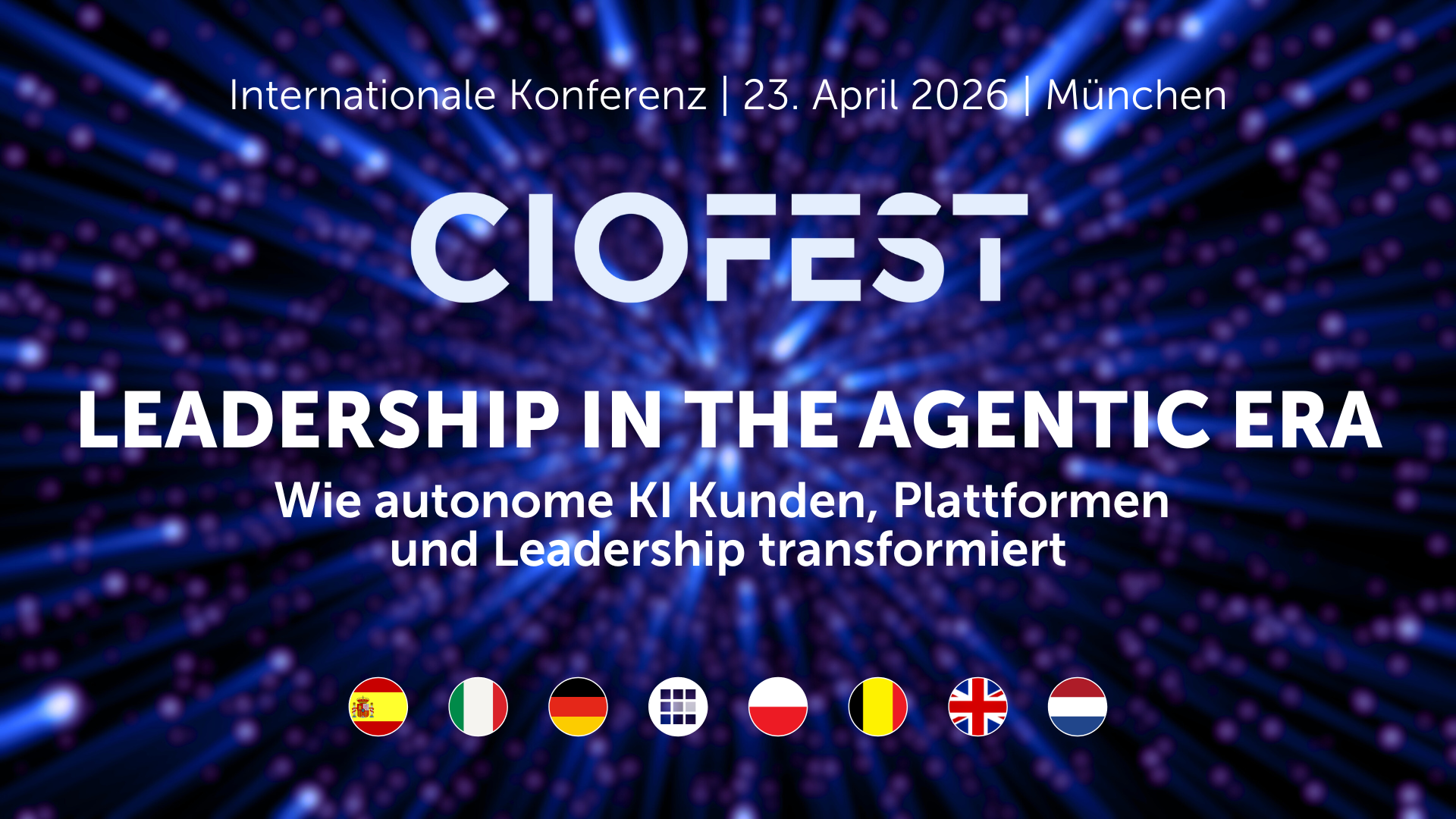
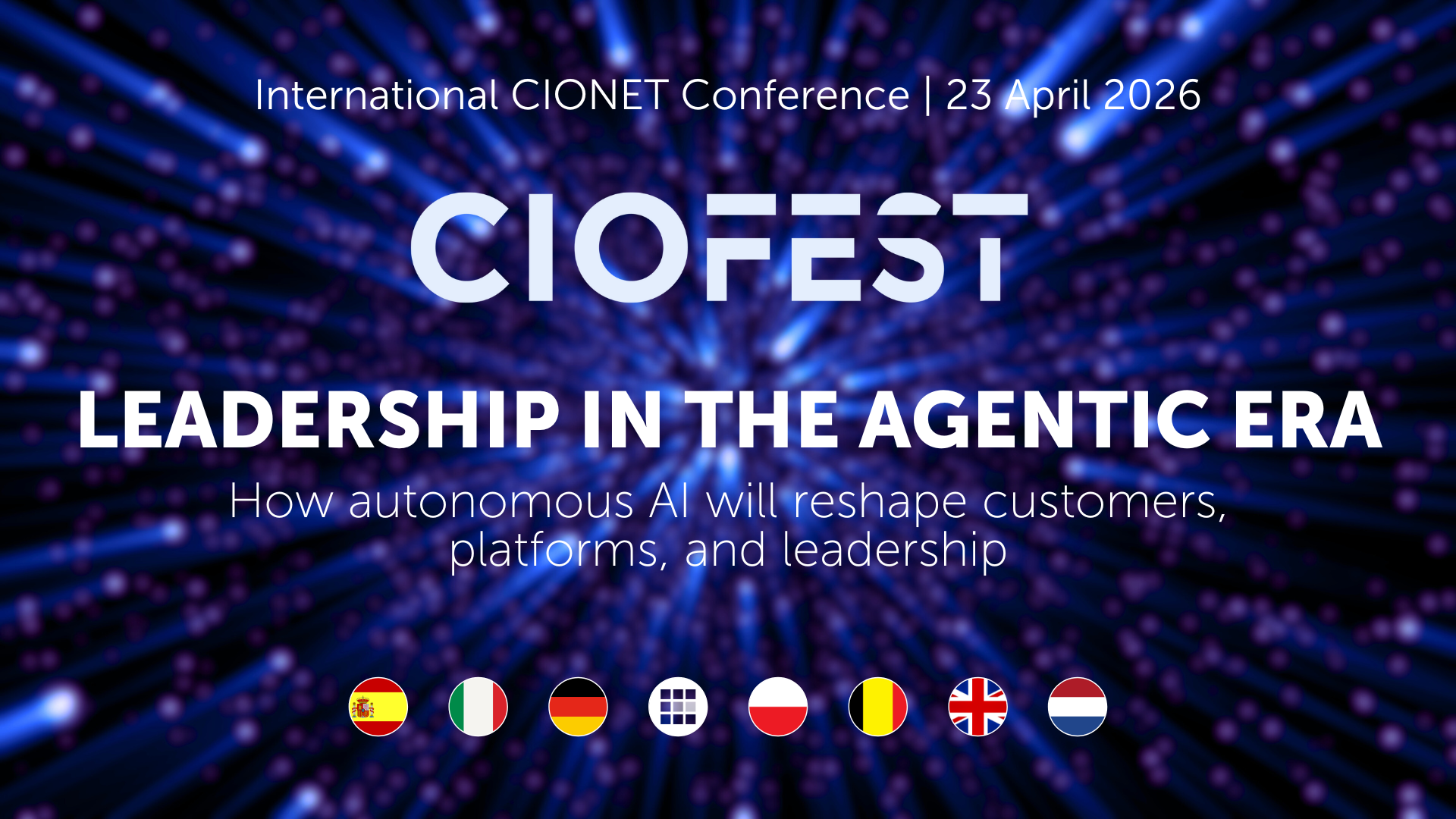
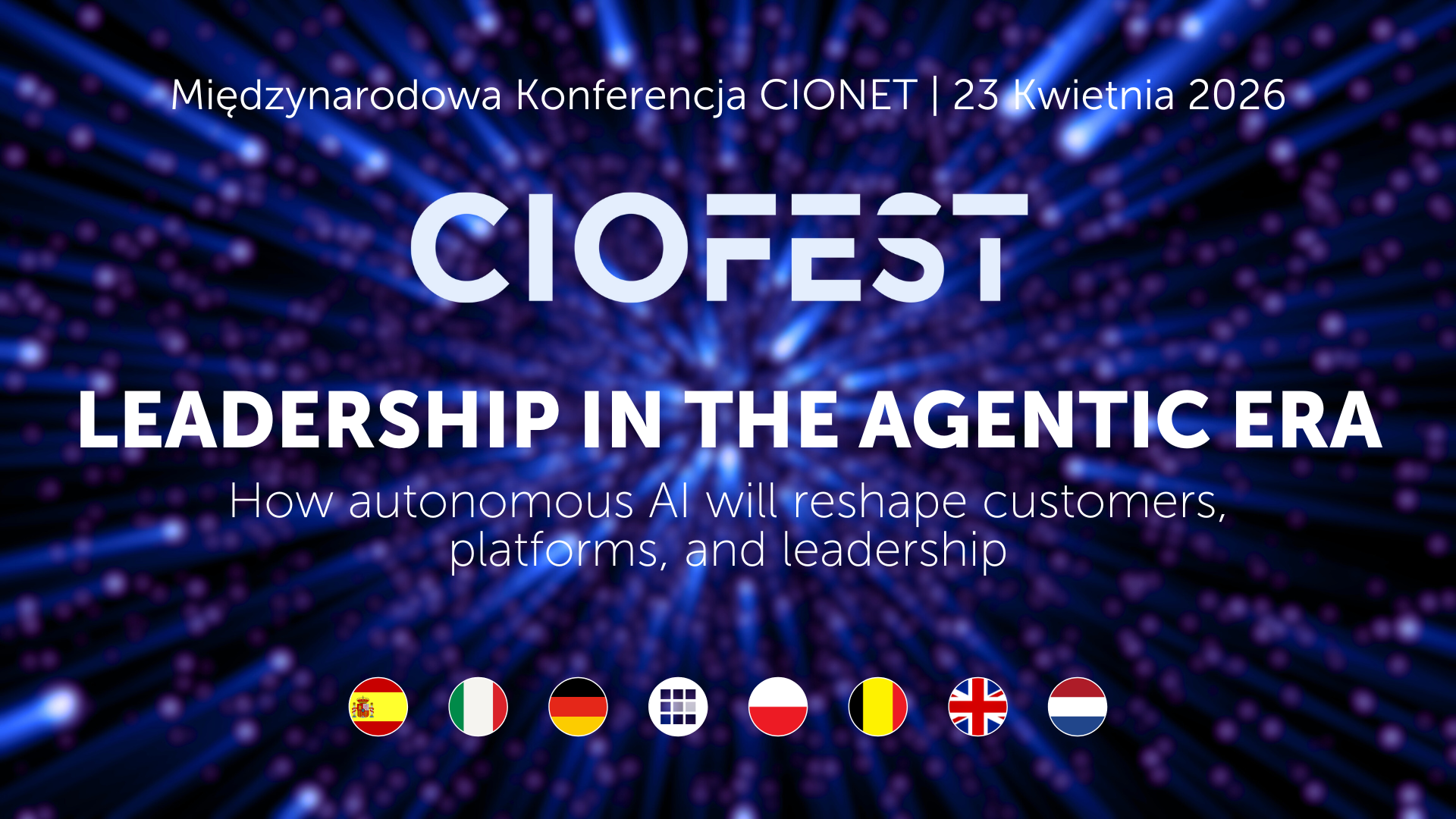
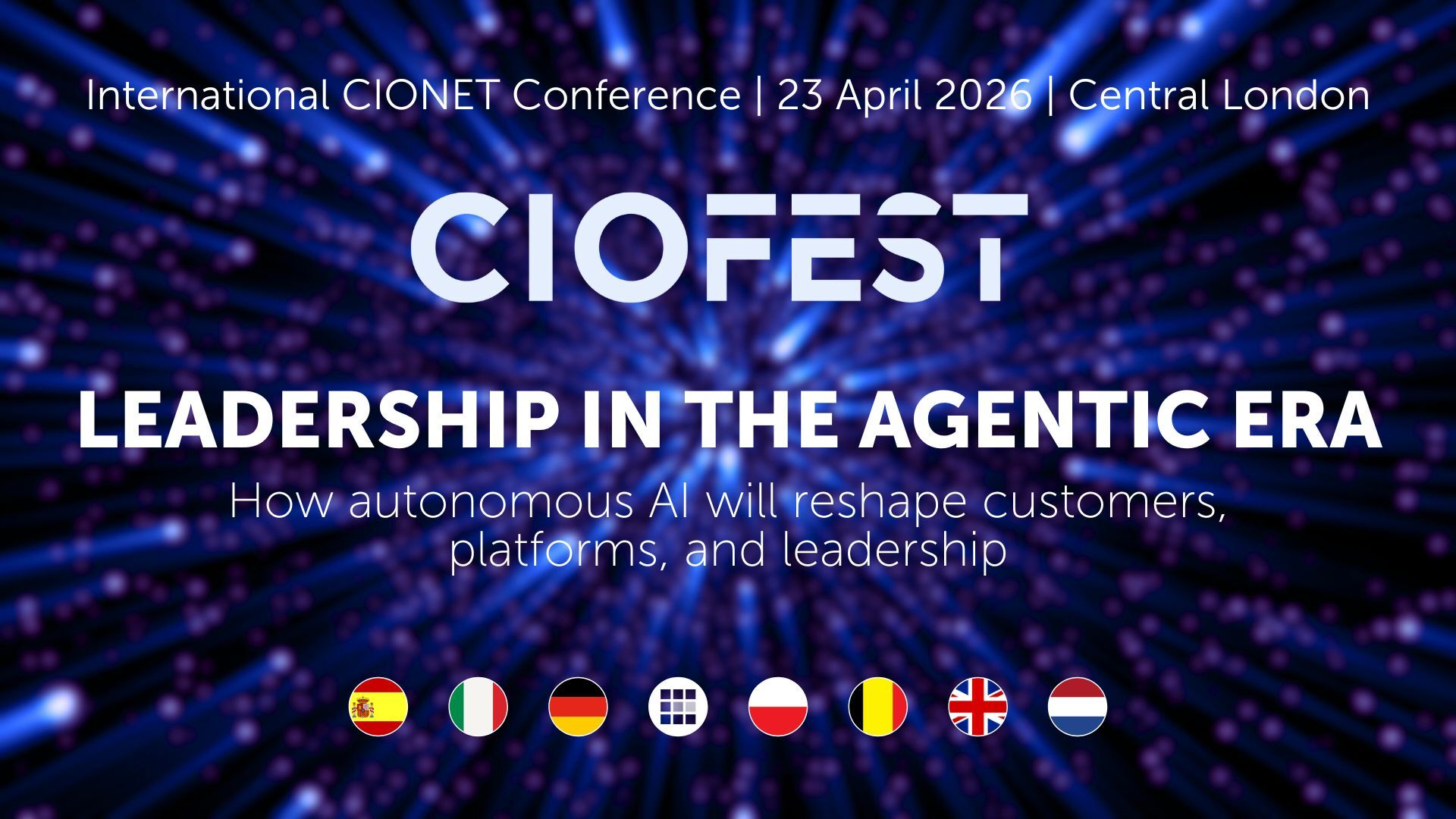
.png)
.png)
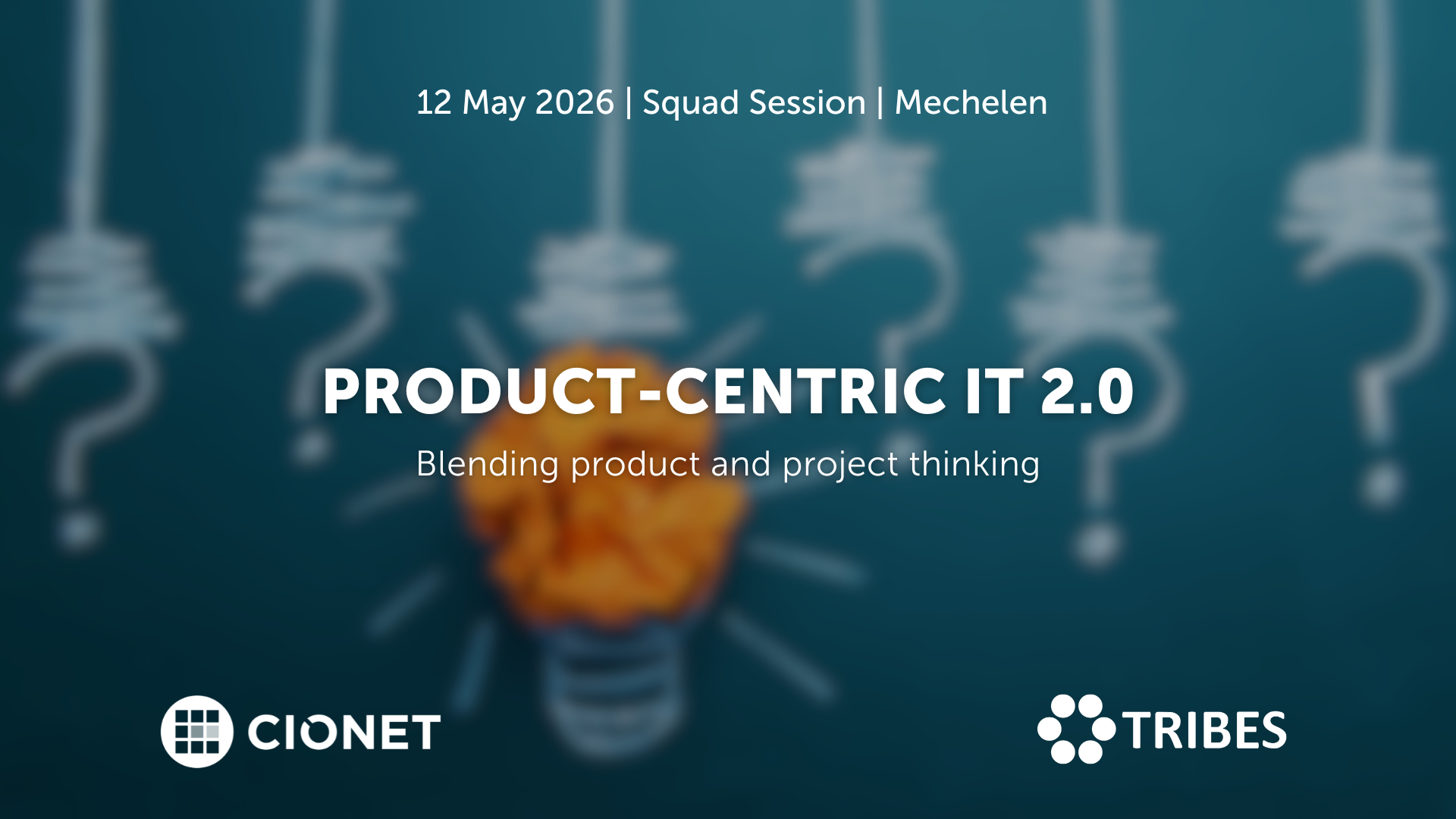
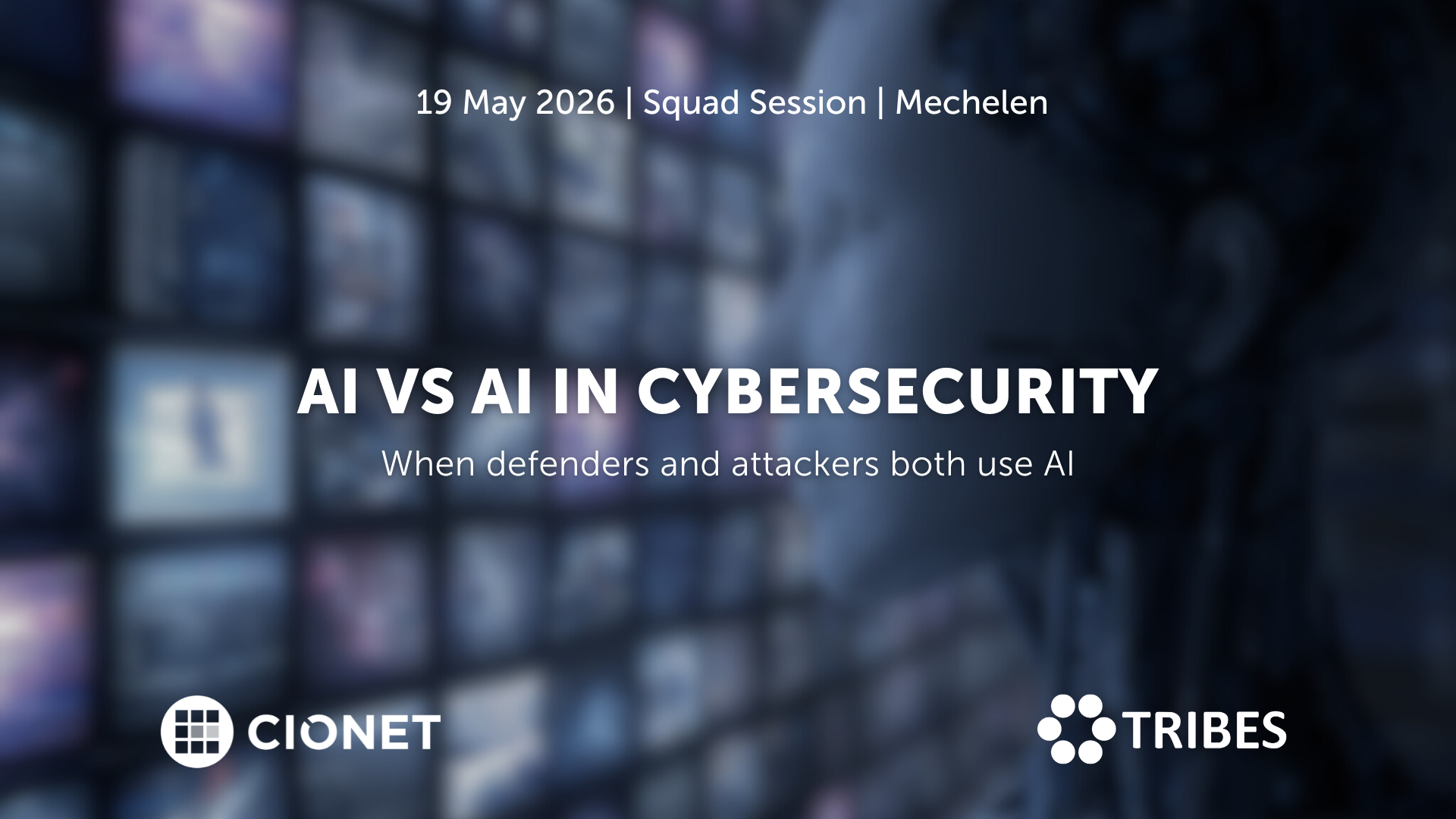
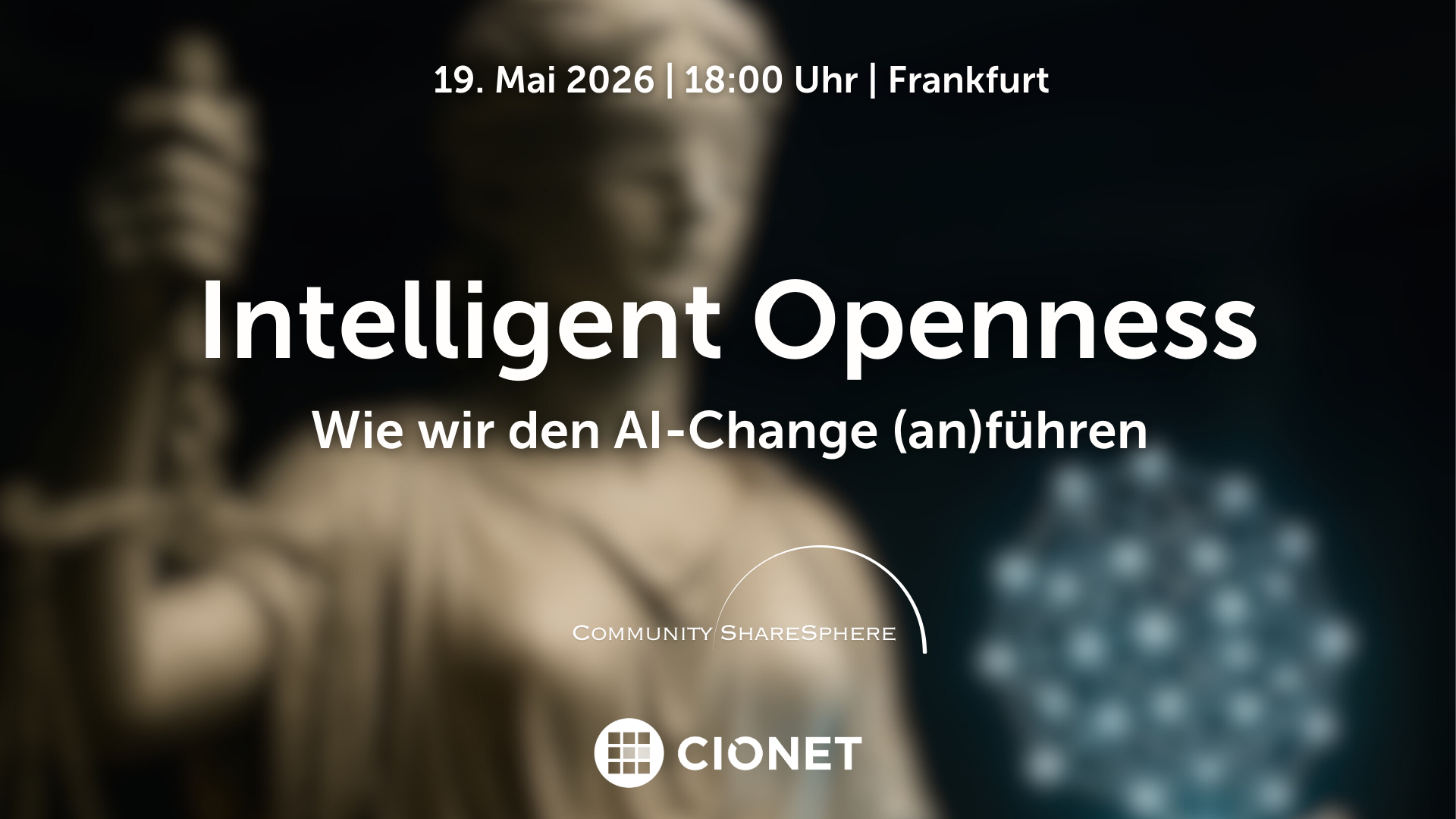
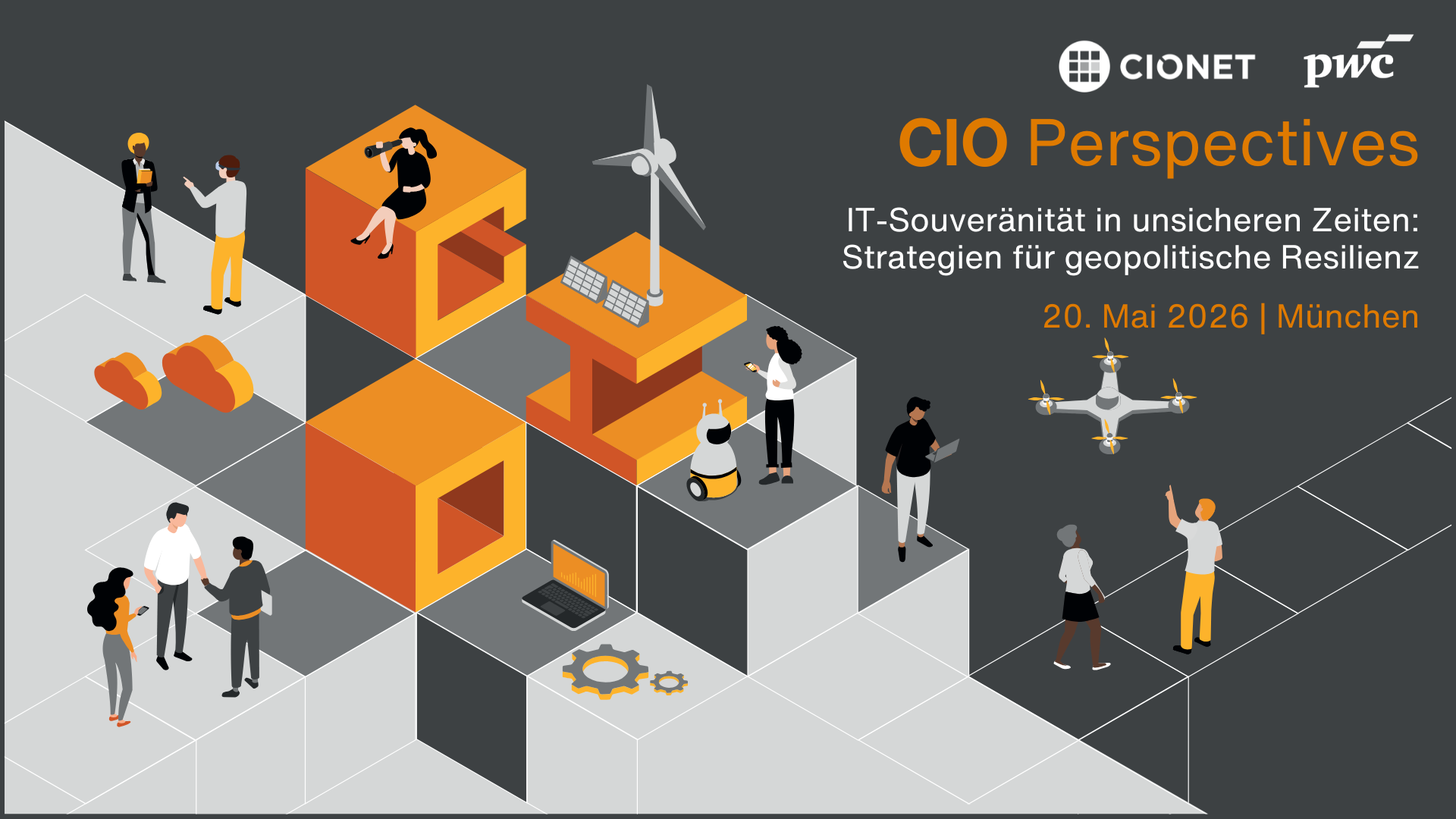
-2.jpg)
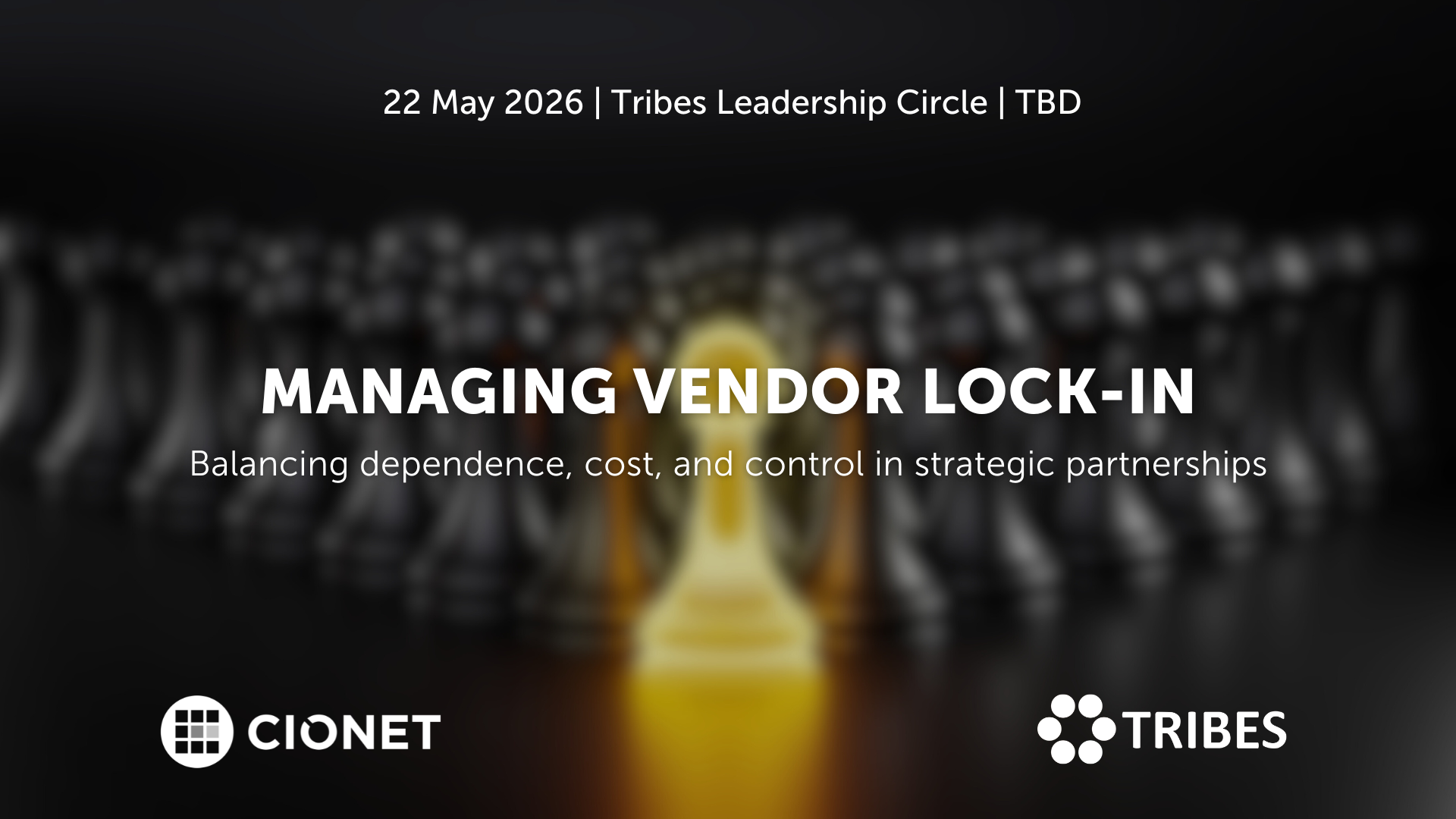
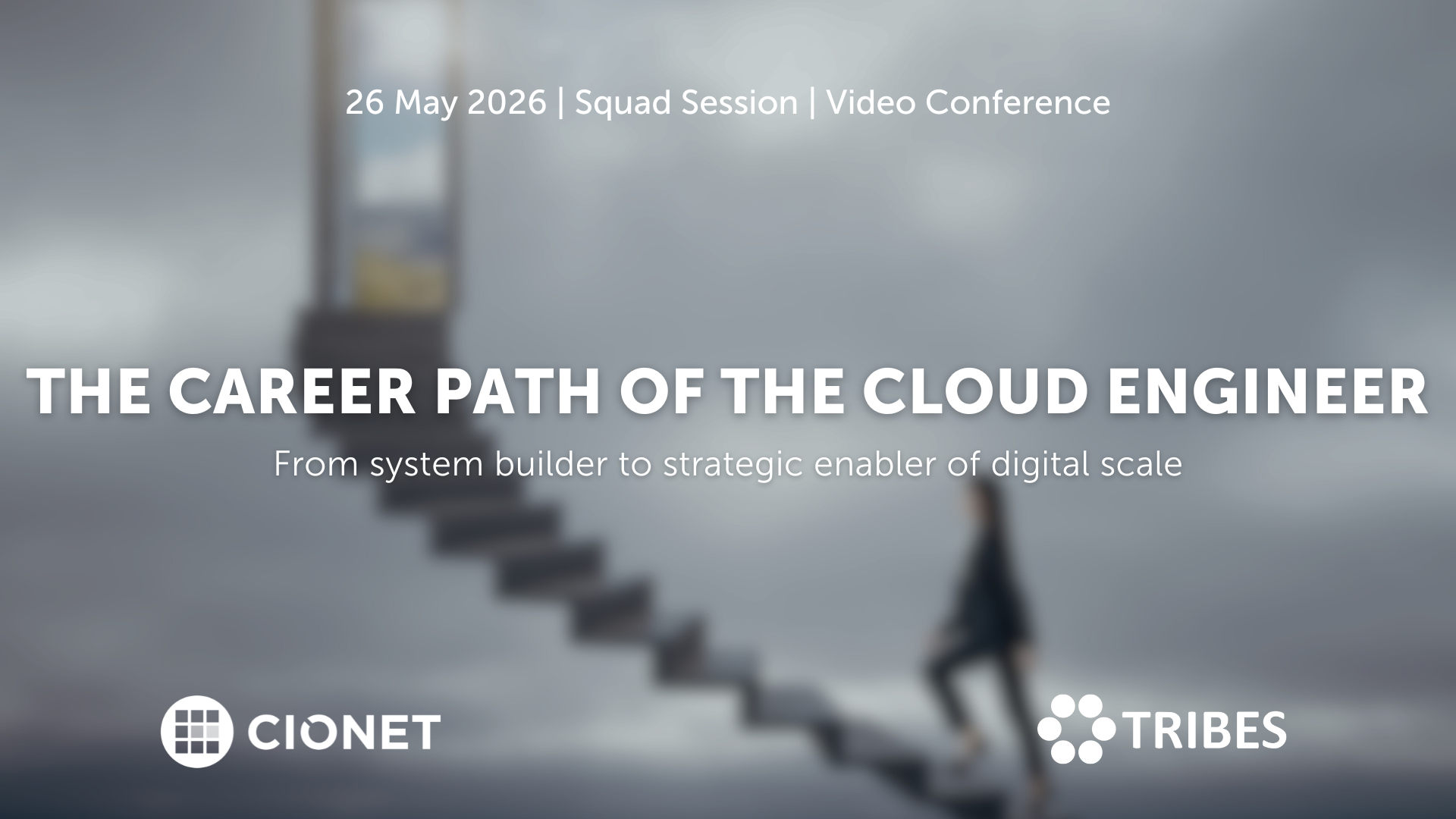
.png)

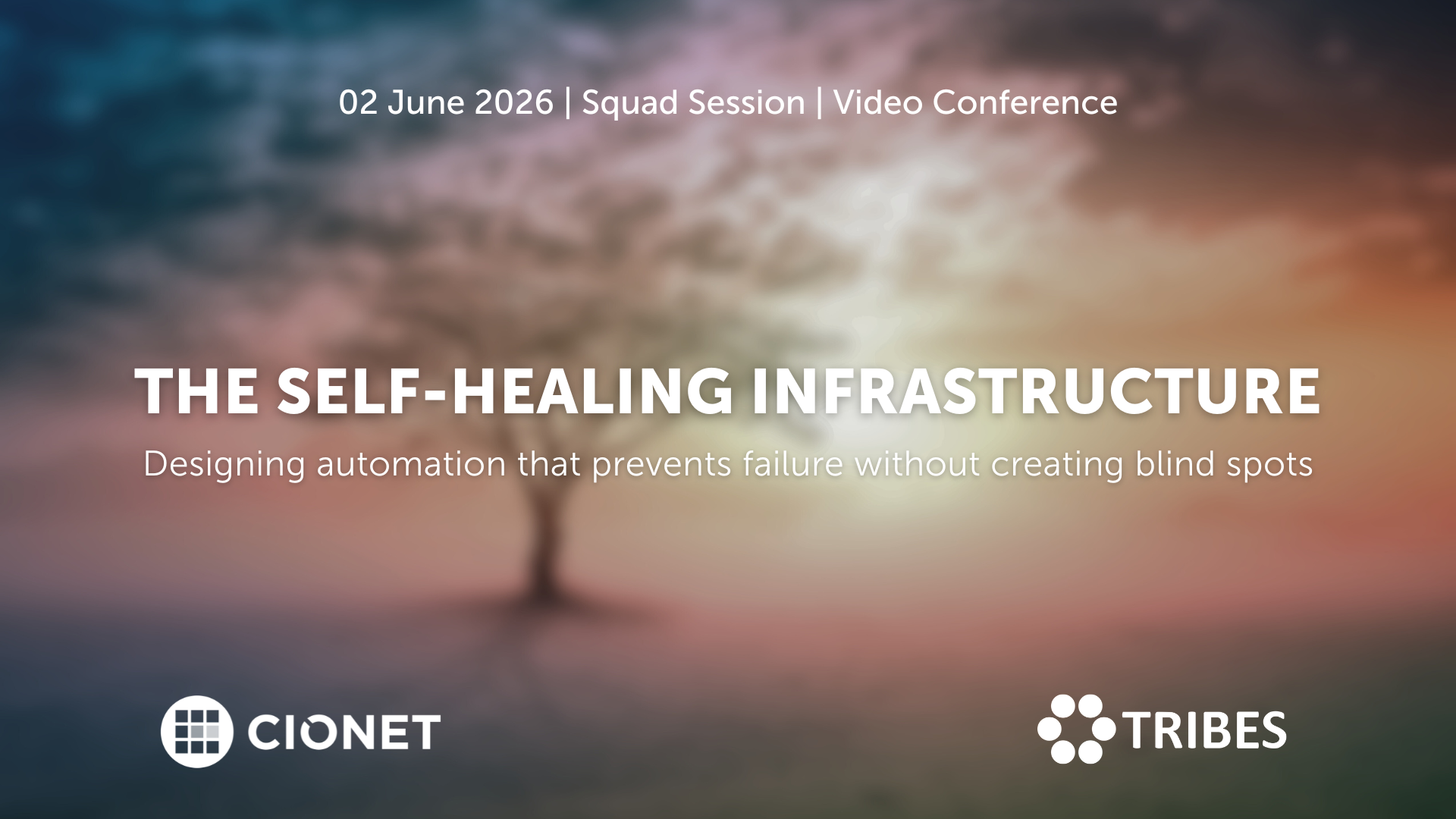
.png)
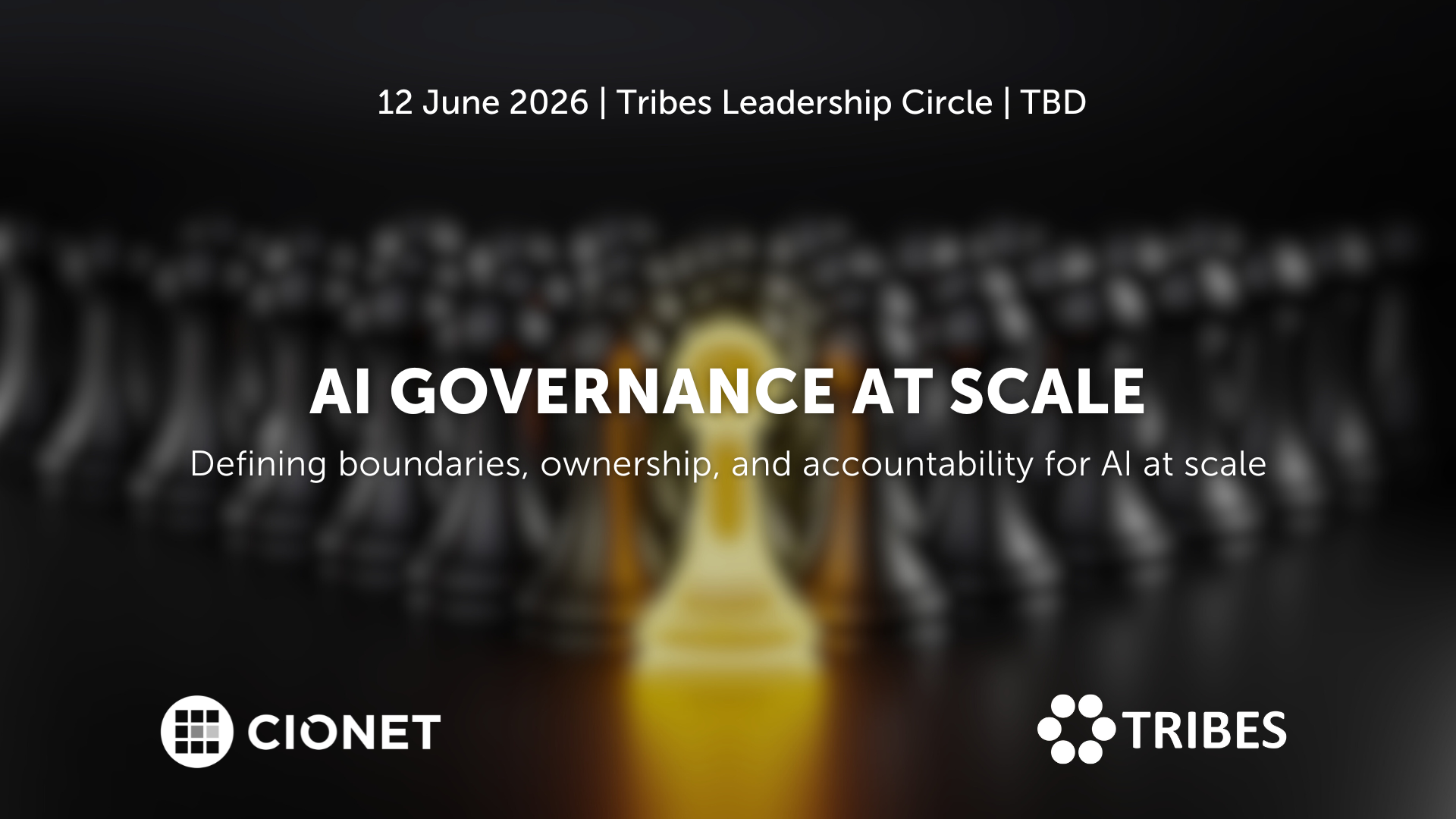

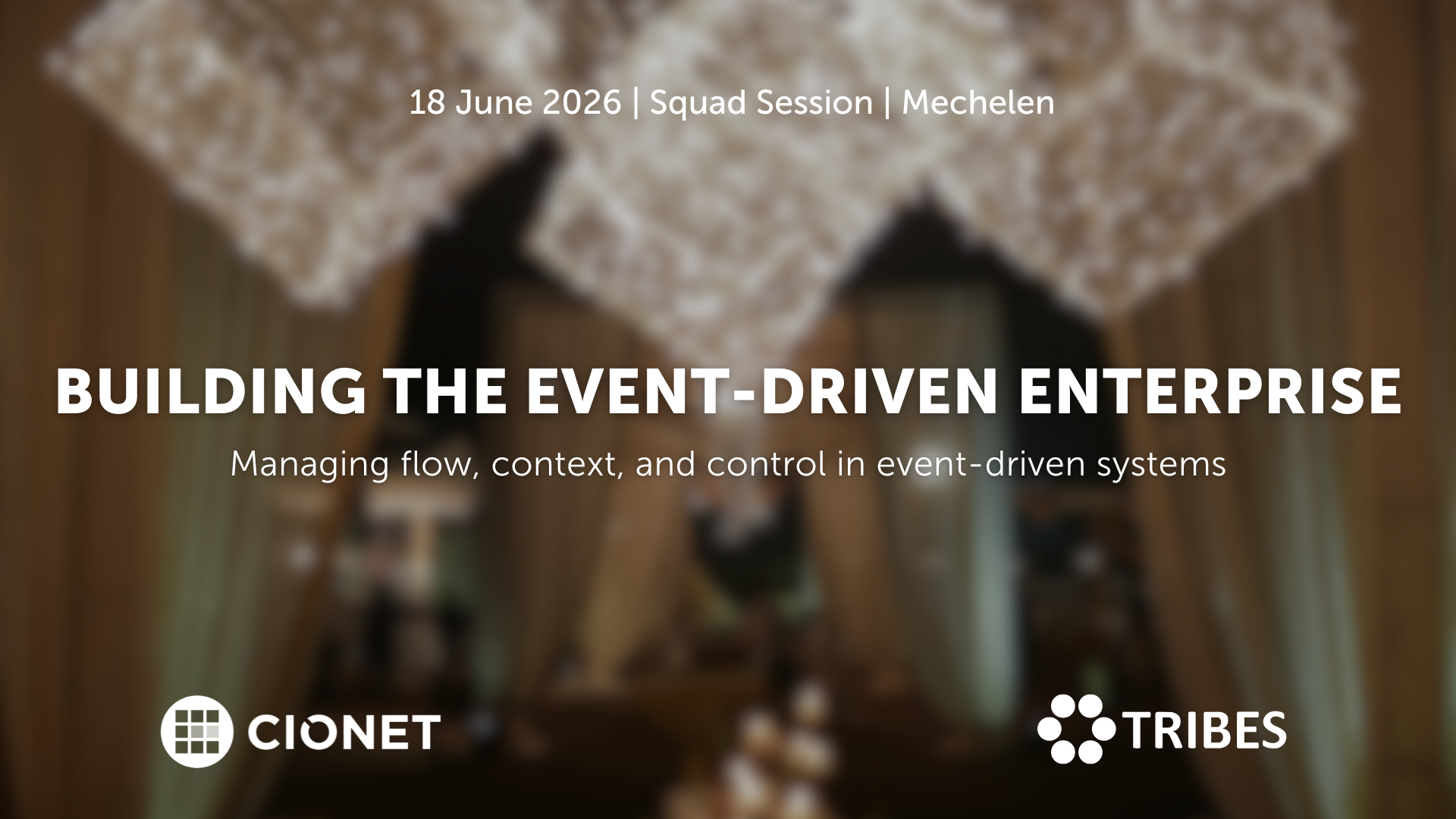
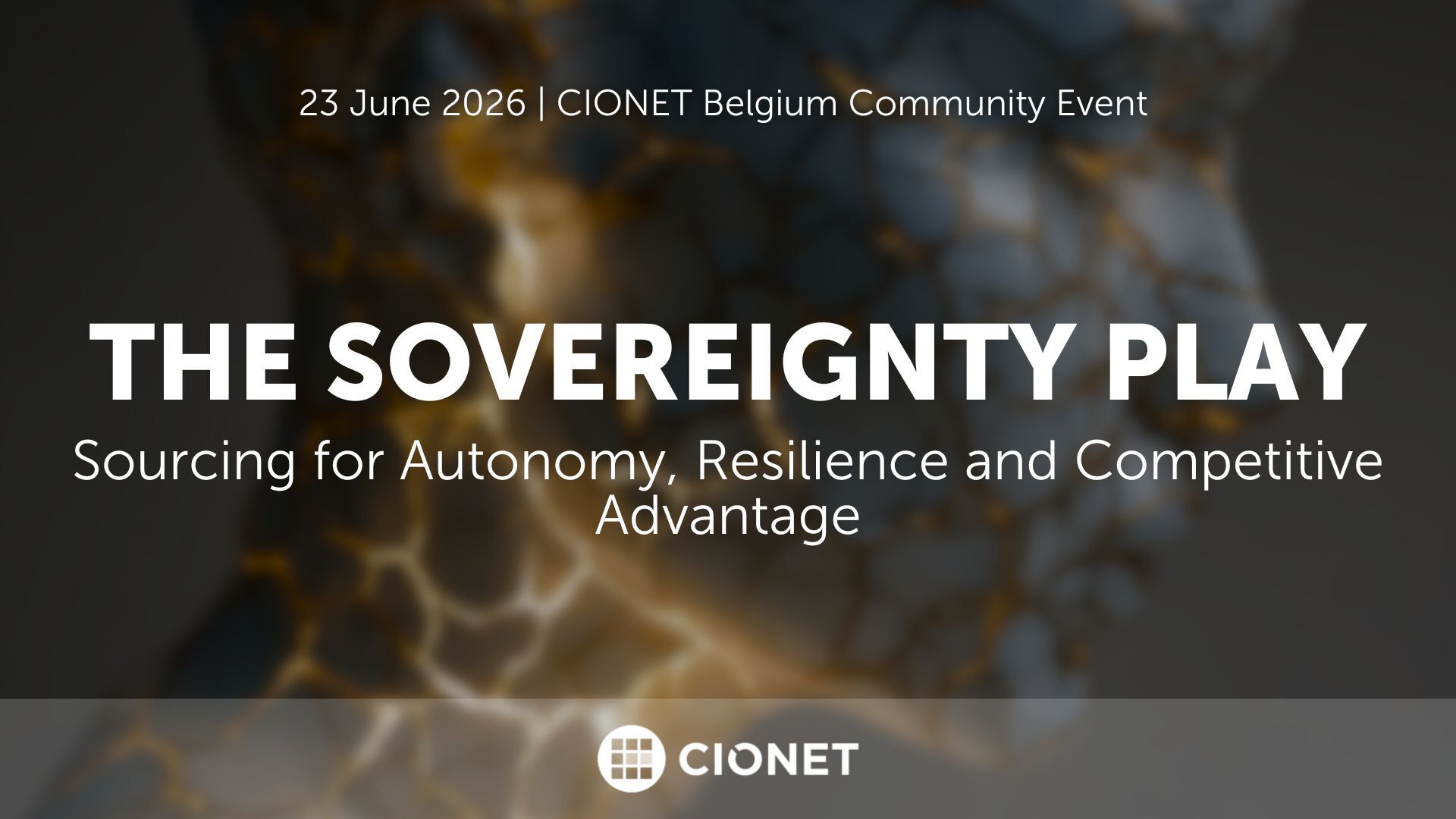
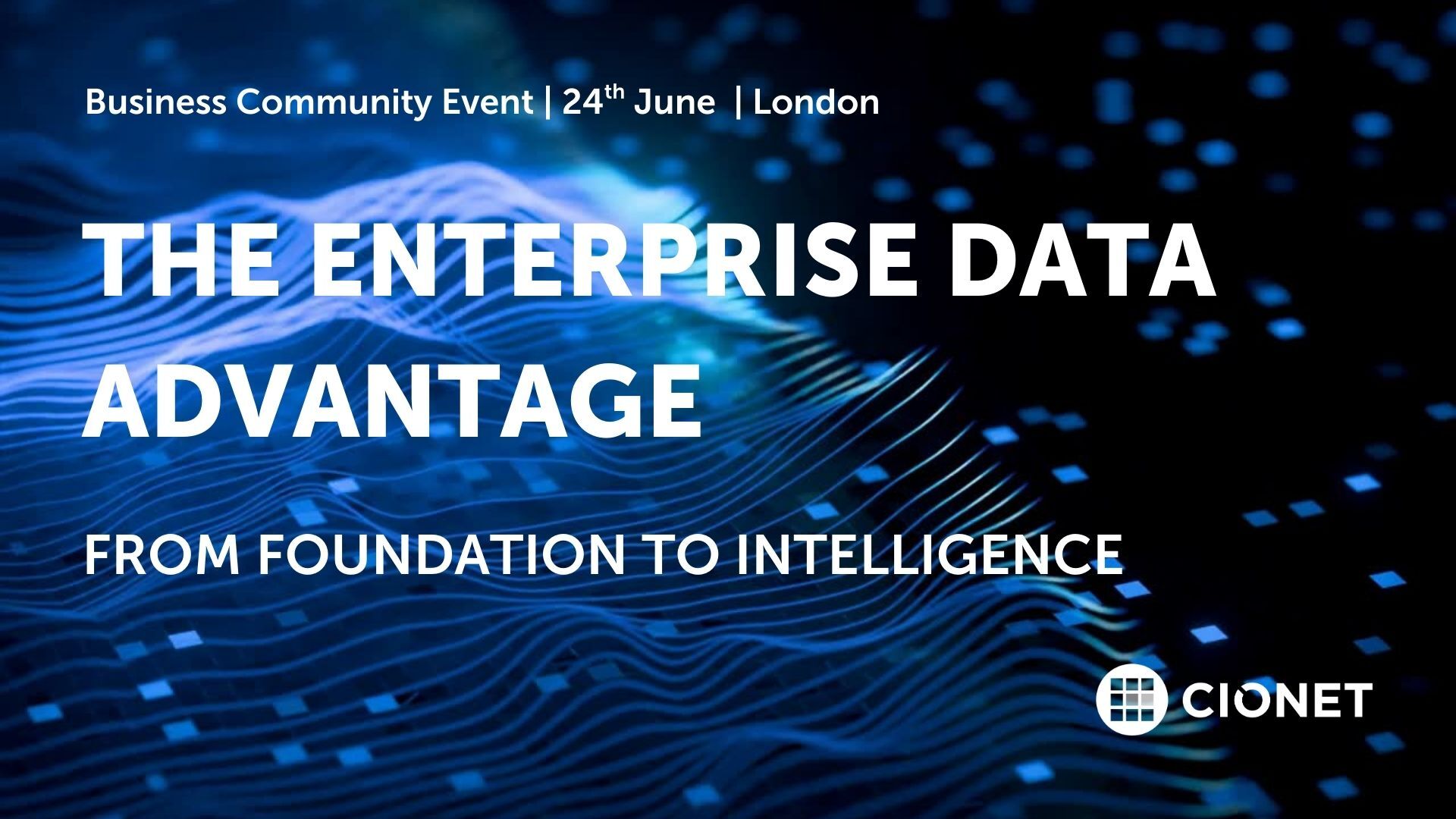
.jpg)
.png)
.jpg)
.png)
.png)
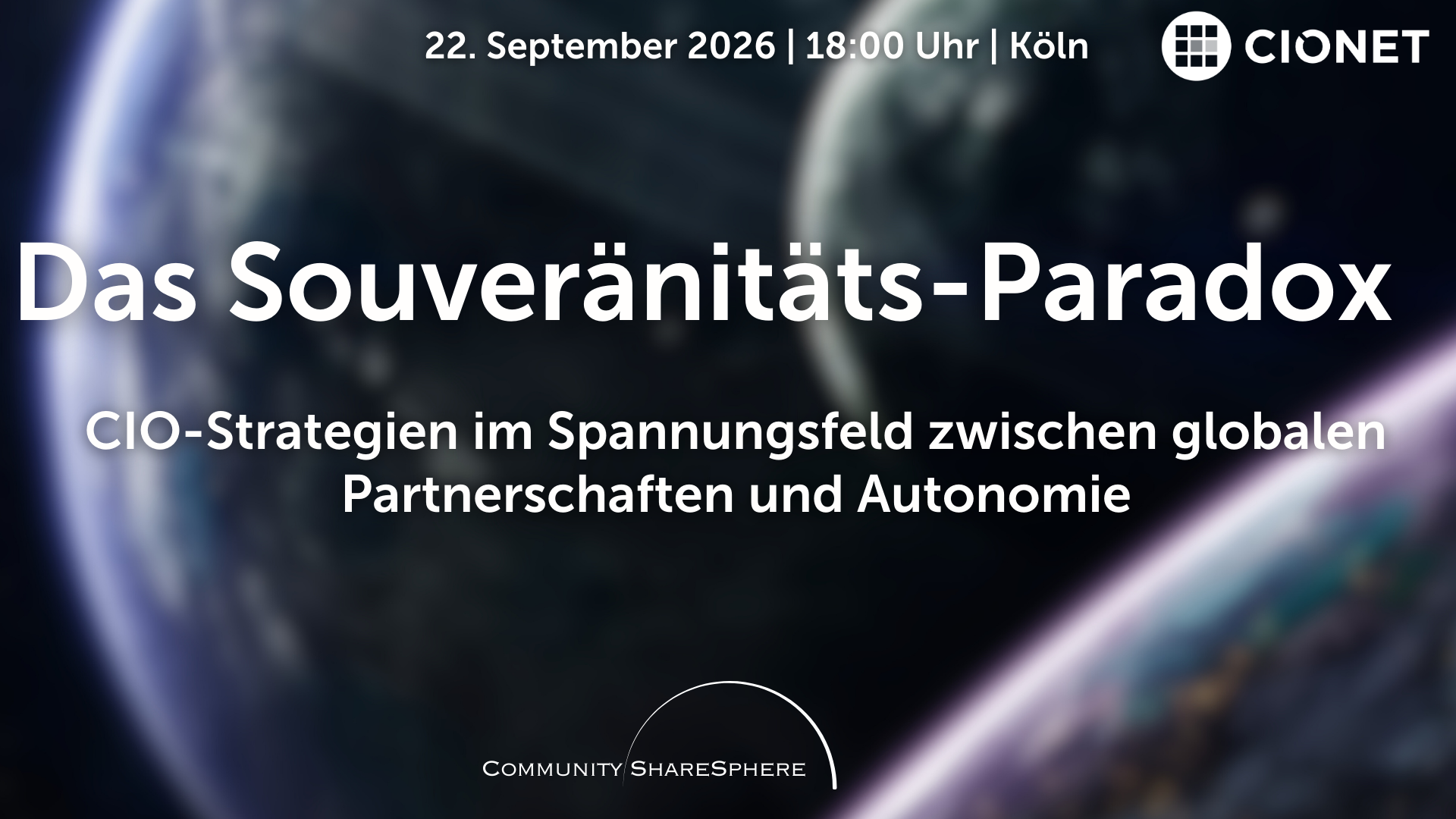

.png)
.jpg)
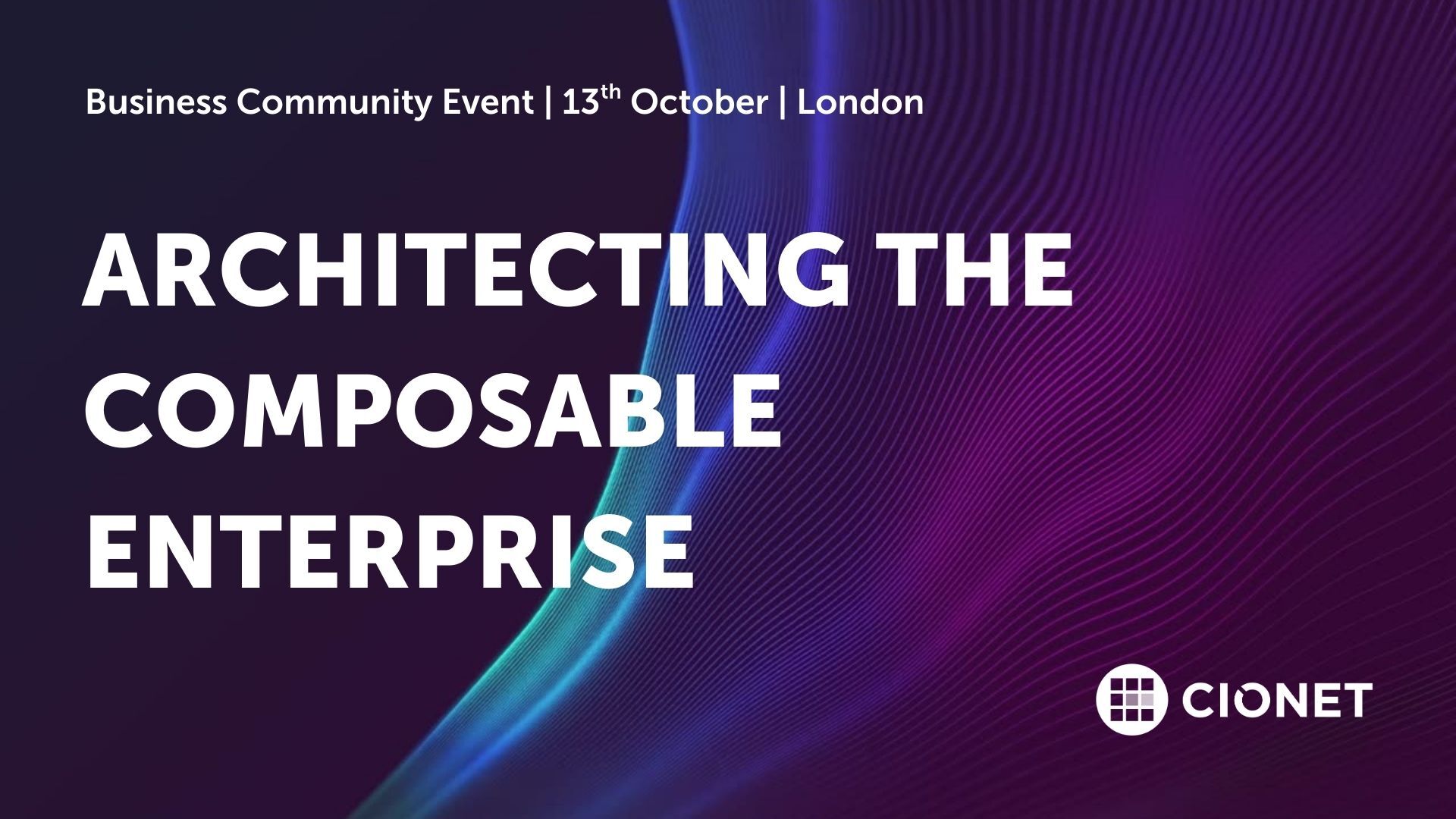
.jpg)
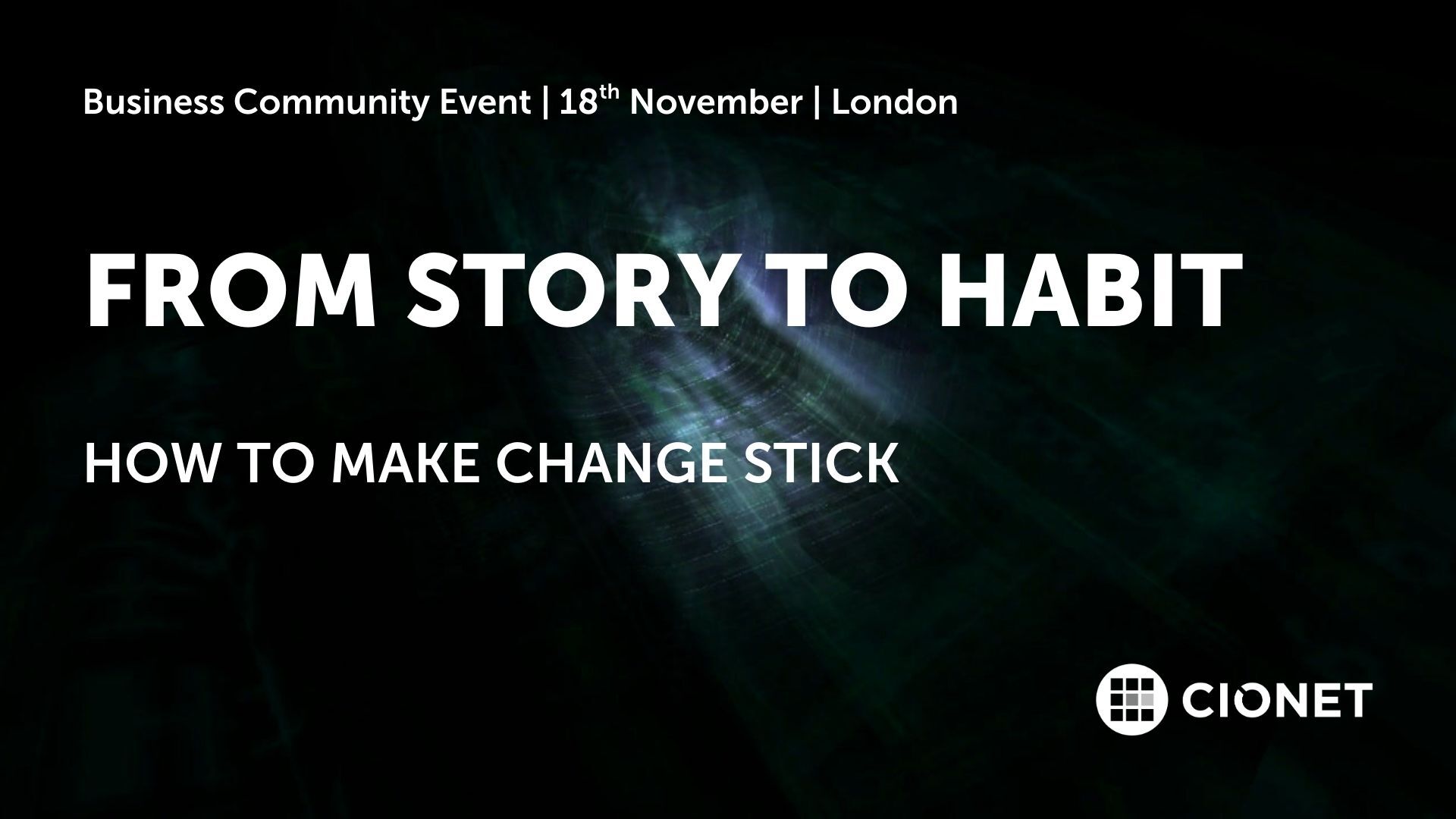
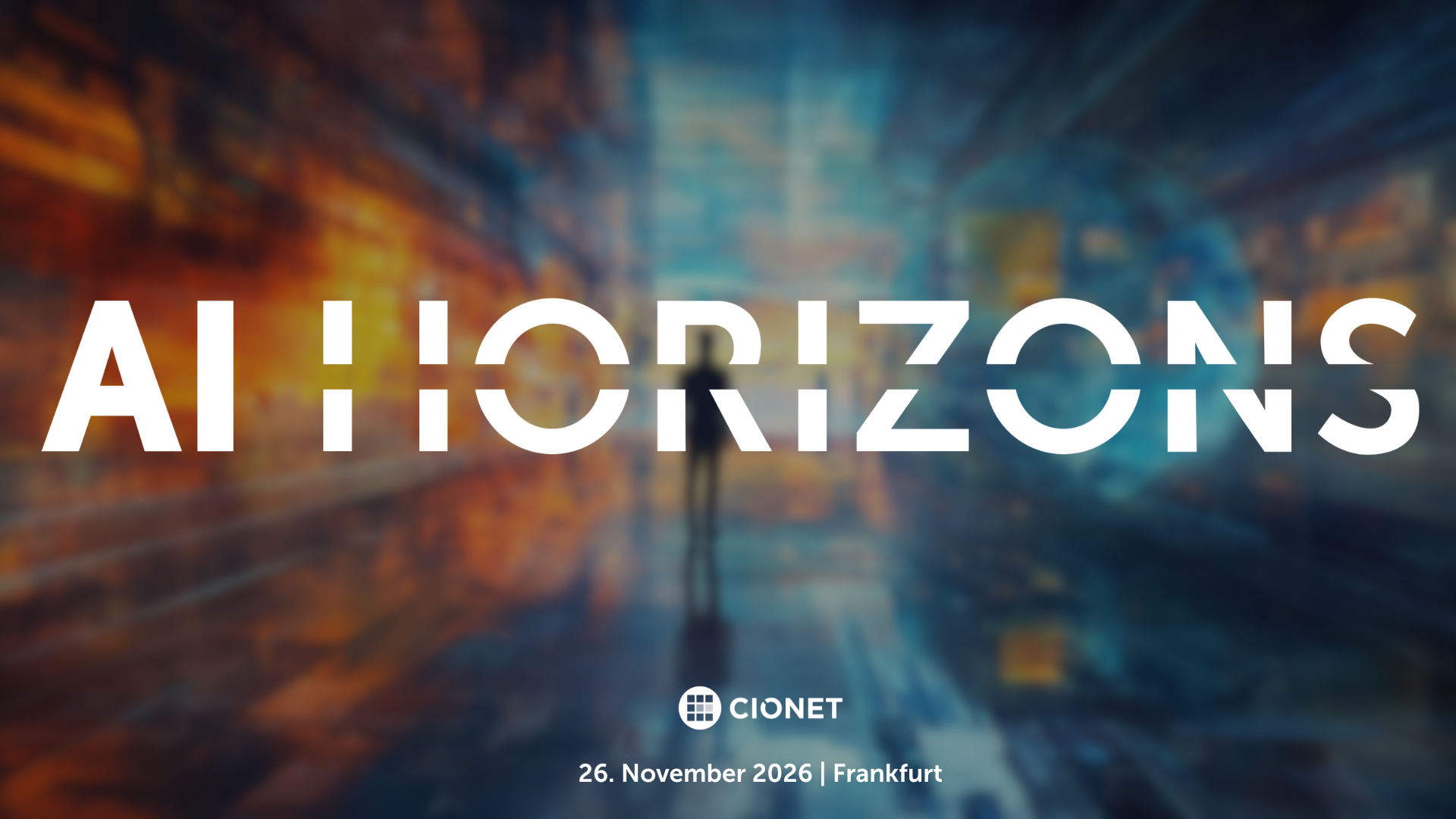
.png)
.jpg)
